Hunter
version [1.2.9]
Rough and wild looking, a human stalks alone through the shadows of the trees, hunting a horde of goblins he knows are planning a raid on a nearby farm. Clutching a shortsword in each hand, he becomes a whirlwind of steel, cutting down one enemy after another.
After tumbling away from a cone of freezing air, an elf finds her feet and draws back her bow to loose an arrow at the white dragon. Shrugging off the wave of fear that emanates from the dragon like the cold of its breath, she sends one arrow after another, sundering the dragon's thick scales.
Leaping back, a half-elf narrowly evades a grave blow from a towering stone giant, as its club leaves a large crater in the ground. With deft steps, he darts up the titan's arm, longsword drawn as he rushes for the giant's throat.
Stepping past a cowering guard, a dwarf strides boldly onward through the dingy back alley. Behind him lies half a dozen battered men, bandits that would dare stand between him and his quarry.
Far from the bustle of cities and towns, past the hedges that shelter the most distant farms from the terrors of the wild, amid the dense-packed trees of trackless forests and across wide and empty plains, hunters keep their watch.
Deadly Predators
Warriors of the wilderness, hunters specialize in bringing down the monsters that threaten the edges of civilization——humanoid raiders, rampaging beats and monstrosities, terrible giants, ghosts and demons, and deadly dragons. Each hunter's techniques are efficiently designed to combat the prey they hunt, employing various tactics to disable and destroy their quarry. Often, hunters' study of their prey leads to adoption of tactics from the very prey they hunt.
Their experience with their prey and the wild lands they inhabit allows hunters to harness nature's power to cast spells, much as a druid does. Their spells, like their combat abilities, emphasize speed, stealth, and the hunt. A hunter's talents and abilities are flexible, able to be tailored to suit any situation that may stand between them and their prey.
Independent Adventurers
Though a hunter may make a living as a guide or a tracker, a hunter's true calling lies with hunting down its prey in the wild. Many hunters are independent almost to a fault, knowing that, when a dragon or horde of goblins attacks, a hunter may be the first—and possibly last—line of defense.
This fierce independence makes hunters well suited to adventuring, since they are accustomed to life far from the comforts of a dry bed and a hot bath. Faced with city-bred adventurers who grouse and whine about the hardships of the wild, hunters respond with some mixture of amusement, frustration, and compassion. But they quickly learn that other adventurers who can carry their own weight in a fight against civilization's foes are worth any extra burden. Coddled city folk might not know how to feed themselves or find fresh water in the wild, but they make up for it in other ways.
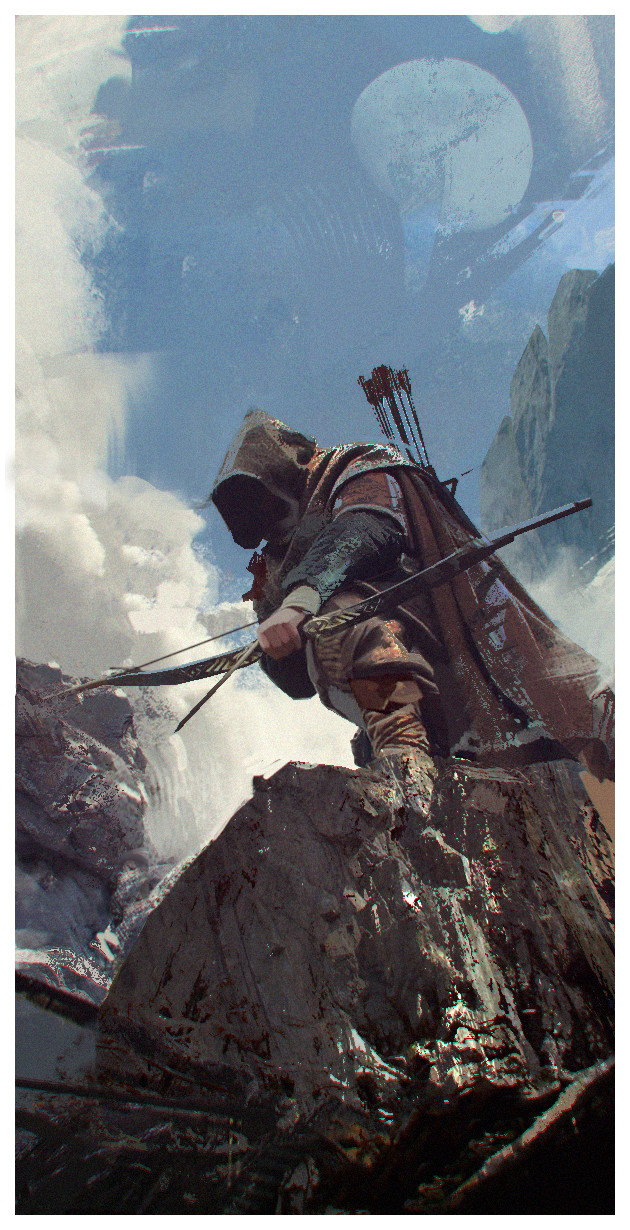


The Hunter
| Level | Proficiency Bonus |
Features | 1st | 2nd | 3rd | 4th | 5th |
|---|---|---|---|---|---|---|---|
| 1st | +2 | Natural Explorer, Swift Response | –– | –– | –– | –– | –– |
| 2nd | +2 | Fighting Style, Hunter's Mark, Spellcasting | 2 | –– | –– | –– | –– |
| 3rd | +2 | Hunter's Prey, Hunter's Technique (1/rest) | 3 | –– | –– | –– | –– |
| 4th | +2 | Ability Score Improvement | 3 | –– | –– | –– | –– |
| 5th | +3 | Extra Attack | 4 | 2 | –– | –– | –– |
| 6th | +3 | Hunter's Guard | 4 | 2 | –– | –– | –– |
| 7th | +3 | Hunter's Prey feature, Hunter's Technique (2/rest) | 4 | 3 | –– | –– | –– |
| 8th | +3 | Ability Score Improvement | 4 | 3 | –– | –– | – |
| 9th | +4 | –– | 4 | 3 | 2 | –– | –– |
| 10th | +4 | Quick Reflexes | 4 | 3 | 2 | –– | –– |
| 11th | +4 | Hunter's Prey feature | 4 | 3 | 3 | –– | –– |
| 12th | +4 | Ability Score Improvement | 4 | 3 | 3 | –– | –– |
| 13th | +5 | –– | 4 | 3 | 3 | 1 | –– |
| 14th | +5 | Counterattack | 4 | 3 | 3 | 1 | –– |
| 15th | +5 | Hunter's Prey feature, Hunter's Technique (3/rest) | 4 | 3 | 3 | 2 | –– |
| 16th | +5 | Ability Score Improvement | 4 | 3 | 3 | 2 | –– |
| 17th | +6 | –– | 4 | 3 | 3 | 3 | 1 |
| 18th | +6 | Feral Senses | 4 | 3 | 3 | 3 | 1 |
| 19th | +6 | Ability Score Improvement | 4 | 3 | 3 | 3 | 2 |
| 20th | +6 | Foe Slayer | 4 | 3 | 3 | 3 | 2 |
—Spell Slots per Spell Level—
Creating a Hunter
As you create your hunter character, consider the nature
of the training that gave you your particular capabilities.
Did you train with a single mentor, wandering the wilds together until you mastered the hunter's ways? Did you leave your apprenticeship, or was your master slain—perhaps by the same kind of monster that became your favored prey? Or perhaps you learned your skills as part of a band of hunters associated with a druidic circle, trained in mystic paths as well as wilderness lore. You might be self-taught, a recluse who learned combat skills, tracking, and even a magical connection to nature through the necessity of surviving in the harsh wilderness.
What's the source of your particular hatred of a certain kind of prey? Did a monster kill someone you loved or destroy your home village? Or did you see the destruction these monsters cause and commit yourself to reining in their depredations? Is your adventuring career a continuation of your work in protecting the borderlands, or a significant change? What made you join up with a band of adventurers? Do you find it challenging to teach new allies the ways of the wild, or do you welcome the relief from the silent solitude that they offer?
Quick Build
You can make a hunter quickly by following these suggestions. First, make Strength or Dexterity your highest ability score, depending on whether you want to focus on melee weapons or on archery (or finesse weapons). If you plan to adopt the Bounty Hunter prey, make Strength your highest ability score. Your next-highest score should be Wisdom or Constitution, depending on whether you want to focus on ranged combat or melee combat respectively. Second, choose the outlander background.
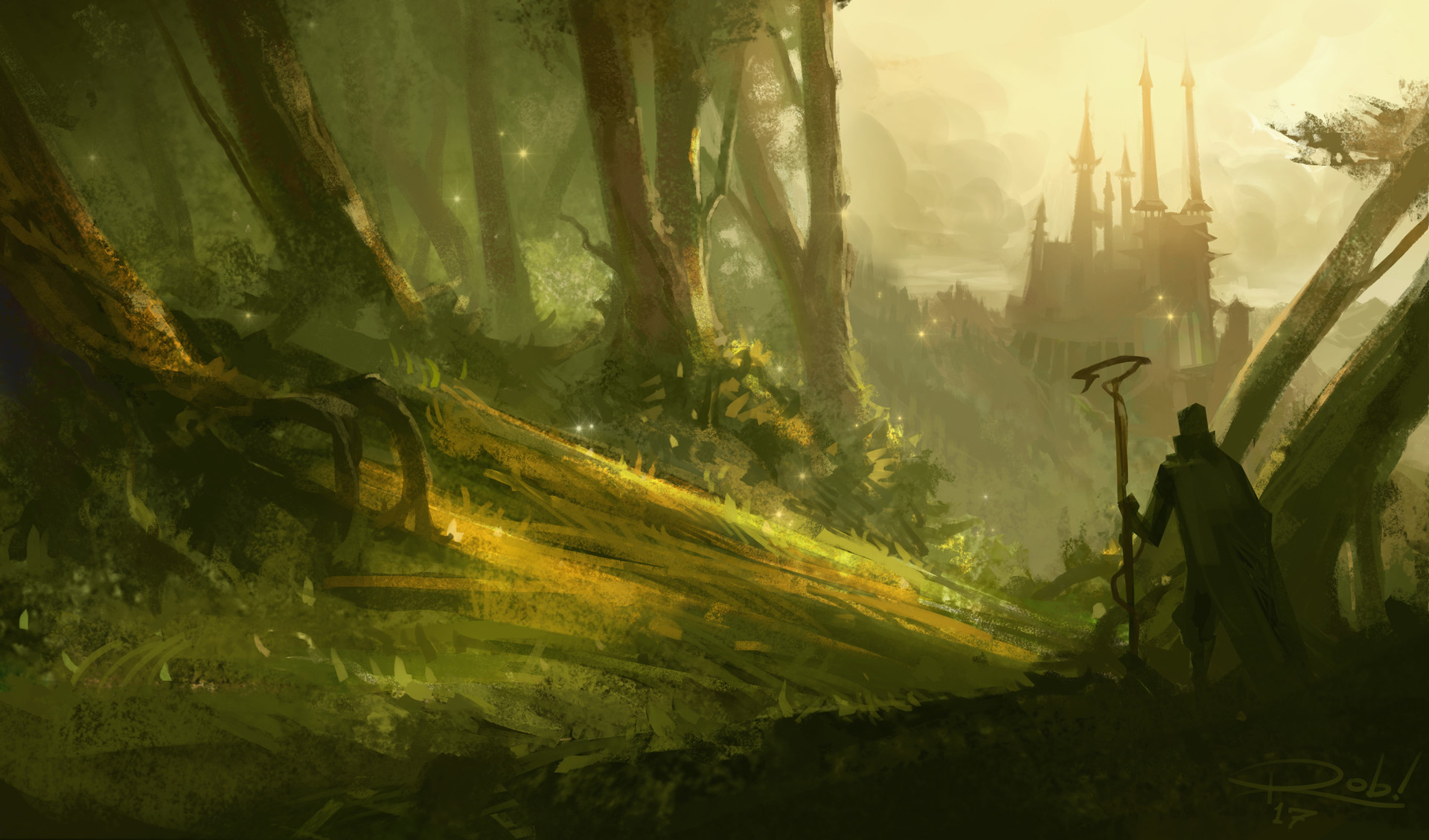
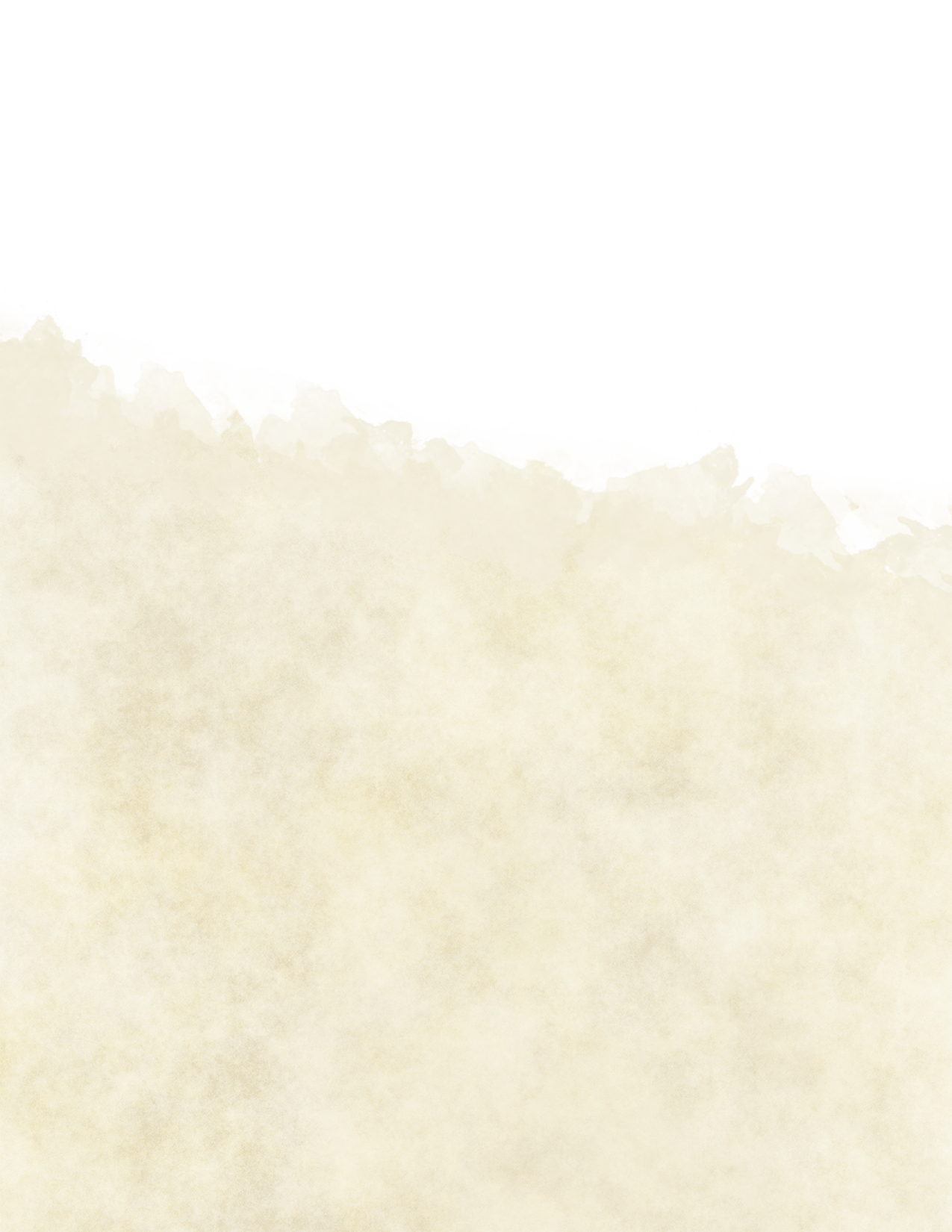


Class Features
As a hunter, you gain the following class features.
Hit Points
- Hit Dice: 1d10 per hunter level
- Hit Points at 1st Level: 10 + your Constitution modifier
- Hit Points at Higher Levels: 1d10 (or 6) + your
Constitution modifier per hunter level after 1st
Proficiencies
- Armor: Light armor, medium armor, shields
- Weapons: Simple weapons, martial weapons
- Tools: None
- Saving Throws: Strength, Dexterity
- Skills: Choose three from Animal Handling, Athletics, Insight, Investigation, Nature, Perception, Stealth,
and Survival
Equipment
You start with the following items, in addition to the equipment granted by your background:
- (a) scale mail or (b) leather armor
- (a) two martial melee weapons or (b) a martial melee weapon and a shield
- (a) a dungeoneer's pack or (b) an explorer's pack
- A simple or martial ranged weapon and 20 pieces of ammunition
- A component pouch
Alternatively, you may start with 4d4 × 10 gp to buy your own equipment.
Natural Explorer
Starting at 1st level, your experience in the wild grants you the following features:
- You can forage the terrain around you to craft a healing salve when you finish a long rest. Preparing a salve requires 1 hour spent gathering and mixing components. As an action, you can apply the salve to a creature within 5 feet of you. The creature can immediately spend one hit die to heal itself. The creature rolls the die, adds its Constitution modifier plus your hunter level, and regains a number of hit points equal to the total (minimum of 1). The salve loses its potency after 24 hours.
- Other creatures have disadvantage on checks made to track your group.
- When you take a long rest, you can spend 1 hour to prepare a camp. Each creature that rests in your camp regains one additional hit die and has one additional level of exhaustion reduced when it finishes a long rest. Hit dice gained in this way can't exceed a creature's maximum number of hit dice.
Swift Response
At 1st level, you learn to react with swift and decisive action when attacked. This grants you the following benefits:
- You can add your proficiency bonus to initiative rolls.
- On your first turn during combat, you have advantage on the first attack roll you make against a creature that has not yet acted.
Fighting Style
At 2nd level, you adopt a particular style of fighting as your specialty. Choose one of the following options. You can't take the same Fighting Style option more than once, even if you get to choose again.
Archery
You gain a +2 bonus to attack rolls you make with
ranged weapons.
Defense
While you are wearing armor, you gain a +1 bonus to AC.
Dueling
When you are wielding a melee weapon in one hand and no other weapons, you gain a +2 bonus to damage rolls with
that weapon.
Thrown Weapon FightingUACFV
You can draw a weapon that has the thrown property as part of the attack you make with the weapon.
In addition, when you hit with a ranged attack using a thrown weapon, you gain a +1 bonus to the damage roll.
Two-Weapon Fighting
When you engage in two-weapon fighting, you can add your ability modifier to the damage of the second attack.
Unarmed FightingUACFV
Your unarmed strikes can deal bludgeoning damage equal to 1d6 + your Strength modifier. If you strike with two free hands, the d6 becomes a d8.
When you successfully grapple a creature, you can deal 1d4 bludgeoning damage to it. Until the grapple ends, you can also deal this damage to the creature whenever you hit it with a melee attack.
Hunter's Mark
At 2nd level, you learn to read your prey, allowing you to strike deeper and truer. As a bonus action on your turn, you can choose a creature you can see within 90 feet of you and mark it as your quarry. You can maintain this mark for a number of hours equal to your hunter level. You deal an extra 1d6 damage of the weapon's type to the marked target whenever you hit it with a weapon attack, and you have advantage on any Wisdom (Perception) or Wisdom (Survival) check you make to find it.
This effect ends if you fall unconscious, use it on another creature, or dismiss it as a bonus action.
You can use this feature a number of times equal to your Wisdom modifier (a minimum of once). You regain all expended uses when you finish a short or long rest.
Spellcasting
By the time you reach 2nd level, you have learned to use the magical essence of nature to cast spells, much as a druid does. See chapter 10 in the Player's Handbook for the general rules of spellcasting and the table at the end of this document for the hunter spell list.
Spell Slots
The Hunter table shows how many spell slots you have to cast your spells of 1st level and higher. To cast one of these spells, you must expend a slot of the spell's level or higher. You regain all expended spell slots when you finish a long rest.
For example, if you know the 1st-level spell animal friendship and have a 1st-level and 2nd-level spell slot available, you can cast animal friendship using either slot.
Preparing and Casting Spells
The Hunter table shows how many spell slots you have to cast your spells. To cast one of your hunter spells of 1st level or higher, you must expend a slot of the spell's level or
higher. You regain all expended spell slots when you finish a long rest.
You prepare the list of hunter spells that are available for you to cast, choosing from the hunter spell list. When you do so, choose a number of hunter spells equal to your Wisdom modifier + half your hunter level, rounded down (minimum of one spell). The spells must be of a level for which you have spell slots.
For example, if you are a 5th-level hunter, you have four 1st-level and two 2nd-level spell slots. With a Wisdom of 14, your list of prepared spells can include four spells of 1st or 2nd-level, in any combination. If you prepare the 1st-level spell cure wounds, you can cast it using a 1st-level or a 2nd-level slot. Casting the spell doesn't remove it from your list of prepared spells.
You can change your list of prepared spells when you finish a long rest. Preparing a new list of hunter spells requires time spent in research and preparation: at least 1 minute per spell level for each spell on your list.
Spellcasting Ability
Wisdom is your spellcasting ability for your hunter spells. You use your Wisdom whenever a spell refers to your spellcasting ability. In addition, you use your Wisdom modifier when setting the saving throw DC for a hunter spell you cast and when making an attack roll with one.
Spell save DC
Spell attack modifier
Ritual Casting
You can cast a hunter spell as a ritual if that spell has the ritual tag and you have the spell prepared.
Hunter's Prey
At 3rd level, you choose a prey that you focus your hunt on: Blood Hunter, Bounty Hunter, Colossus Slayer,
Demon Slayer, Dragon Slayer, Horde Breaker, Mage Hunter,
Night Stalker, Plane Keeper, and Ranger; all detailed at the end of the class description. Your choice grants you features at 3rd level and again at 7th, 11th, and 15th level.
Prey Spells
Each prey has a list of associated spells. You gain access to those spells at the levels specified in the prey description. Once you gain access to a prey spell, you always have it prepared. Prey spells don't count against the number of spells you can prepare each day.
If you gain a prey spell that doesn't appear on the hunter spell list, the spell is nonetheless a hunter spell for you.
Hunter's Technique
Your choice of prey allows you to perform certain maneuvers. Each Hunter's Technique option provided by your prey explains how to use it.
When you use your Hunter's Technique, you choose which option to use. You must then finish a short or long rest to use your Hunter's Technique again.
Some of your Hunter's Technique effects require your target to make a saving throw to resist the technique's effects. The saving throw DC is calculated as follows:
Technique save DC
Beginning at 7th level, you can use your Hunter's Technique twice between rests, and beginning at 15th level, you can use it three times between rests. When you finish a short or long rest, you regain your expended uses.
Ability Score Improvement
When you reach 4th level, and again at 8th, 12th, 16th, and 19th level, you can increase one ability score of your choice by 2, or you can increase two ability scores of your choice by 1. As normal, you can't increase an ability score above 20 using this feature.
Extra Attack
Beginning at 5th level, you can attack twice, instead of once, whenever you take the Attack action on your turn.
Hunter's Guard
At 6th level, your ability to read your prey's movements allows you to better protect you and your allies. As a reaction when the target of your Hunter's Mark hits you or a creature within 5 feet of you with an attack, you can impose a 1d6 penalty on the attack roll, potentially causing it to miss.
Additionally, whenever the target of your Hunter's Mark forces you to make a saving throw and whenever you make an ability check to escape that target's grapple, you can use your reaction to add 1d6 to your roll.
Quick Reflexes
Starting at 10th level, your quick thinking and agility allows you to move and act quickly. You can take the Dash, Disengage, or Hide action as a bonus action on your turn.
Additionally, when you roll initiative and are not surprised, you can use your reaction to take the Hide action, move up to your speed, or make one weapon attack.
Counterattack
At 14th level, you learn to strike back as you defend. If the target of your Hunter's Mark misses an attack due to your Hunter's Guard, you can make one weapon attack at the creature as part of the same reaction.
Feral Senses
At 18th level, you gain preternatural senses that help you fight creatures you can't see. As long as you are not both blinded and deafened, you can see invisible creatures and objects within 30 feet of you as if they were visible.
Foe Slayer
At 20th level, you strike with supernatural
accuracy. You gain a 1d6 bonus on attack rolls
made against the target of your Hunter's Mark.
Additionally, once per turn when you make an attack at the target of your Hunter's Mark, you can choose to roll a d6. On a 6, if the attack hits the creature, it is a critical hit.
Hunter's Prey
Though versatile in ability, hunters will often find themselves specialized in dealing with one particular kind of prey or another. Through tireless research and experience against these foes, hunters learn abilities suited for their specialty, but still applicable against a wide variety of foes. Those who hunt monsters for long enough, however, sometimes see themselves becoming that which they hate the most.
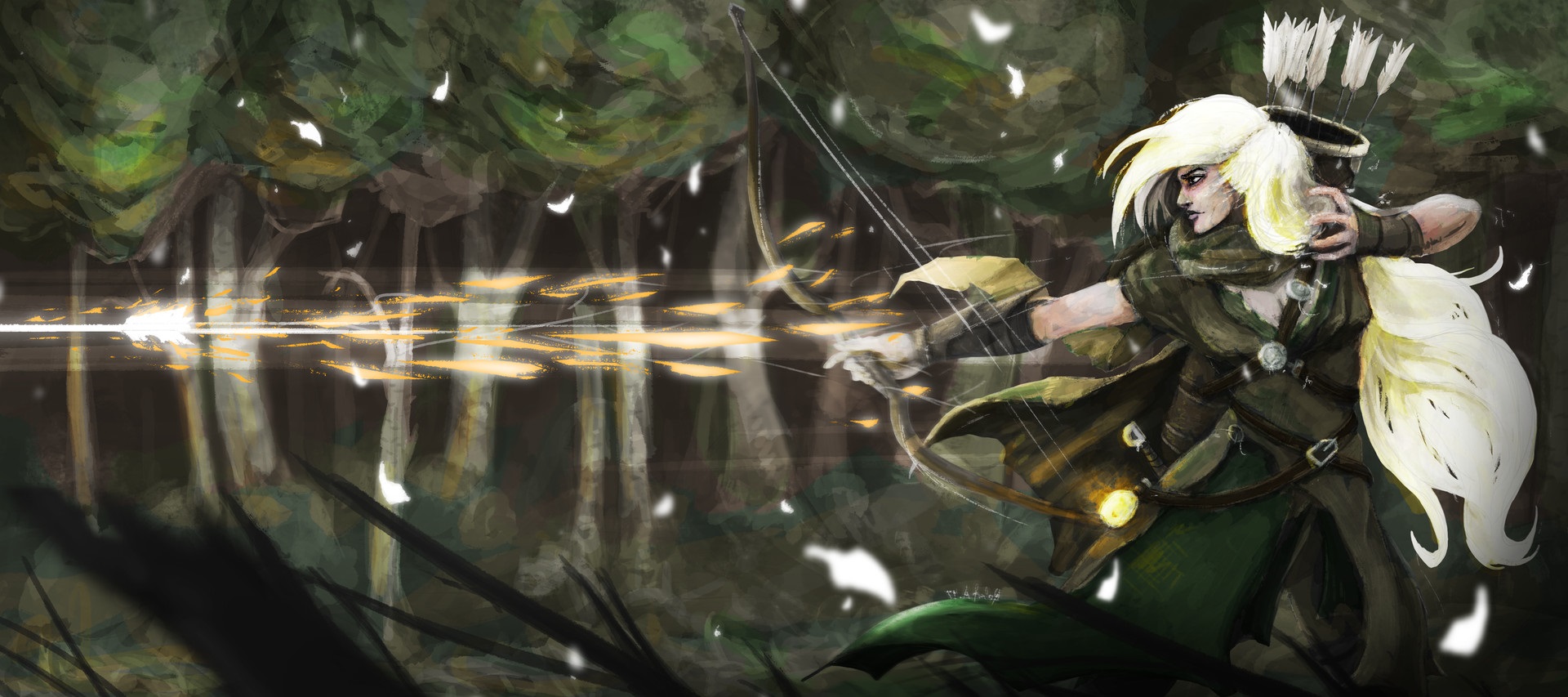


Blood Hunter
The blood carries many curses that if left unchecked spread rampant across the lands. It is the duty of Blood Hunters to scour the lands for signs of infection and wipe them out, no matter the cost.
Prey Spells
You gain prey spells at the hunter levels listed.
Blood Hunter Spells
| Hunter Level | Spells |
|---|---|
| 3rd | bane, inflict wounds |
| 5th | blindness/deafness, crown of madness |
| 9th | bestow curse, vampiric touch |
| 13th | aura of purity, blight |
| 17th | contagion, dream |
Hunter's Technique
When you choose this prey at 3rd level, you gain the following two Hunter's Technique options. Crimson Rite. As a bonus action, you can expend a use of your Hunter's Technique to empower your weapons with blood. You take 1d6 necrotic damage, which ignores resistance and immunity, and sheathe your weapons and ammunition in blood for 1 minute. Your weapons and ammunition become silvered, and when you hit a creature that has less than half of its maximum hit points, it takes an additional 1d6 necrotic damage. Infusion. As a bonus action, you can expend a use of your Hunter's Technique to resupply your body with blood. You regain hit points equal to 1d6 + your hunter level.
Bloodhound
When you choose this prey at 3rd level, you learn to track your prey through the scent of their blood. Whenever you make any Intelligence (Investigation) or Wisdom (Survival) check to track or find a a creature whose blood you have a sample of, your proficiency bonus is doubled if it applies to the check.
Profaned Blood
At 7th level, your mastery of the blood flowing through you makes you immune to disease and poison.
Spilled Blood
At 11th level, you can channel the blood from your wounds into your crimson rite. When a creature lands a critical hit on you, or when you land a critical hit on a creature, you can use your reaction to activate your Hunter's Technique: Crimson Rite without taking necrotic damage or expending a use of your Hunter's Technique.
Blood Curse
At 15th level, you learn to emulate to the effects of the blood curse you seek to eliminate, granting you supernatural fortitude. As a bonus action, you can draw upon the power of the curse and gain the following benefits:
- You have resistance to bludgeoning, piercing, and slashing damage from nonmagical weapons that aren't silvered.
- A creature that hits you with a melee attack while within 5 feet of you takes 1d6 necrotic damage.
- When you hit a creature with a weapon attack, you regain hit points equal to your Constitution modifier (minimum of 1 hit point) if you have taken any damage since the end of your last turn.
This curse lasts for 1 minute. It ends early if you are knocked unconscious. You can also end this curse on your turn as a bonus action. Once you use this feature, you must finish a short or long rest before you can use it again.
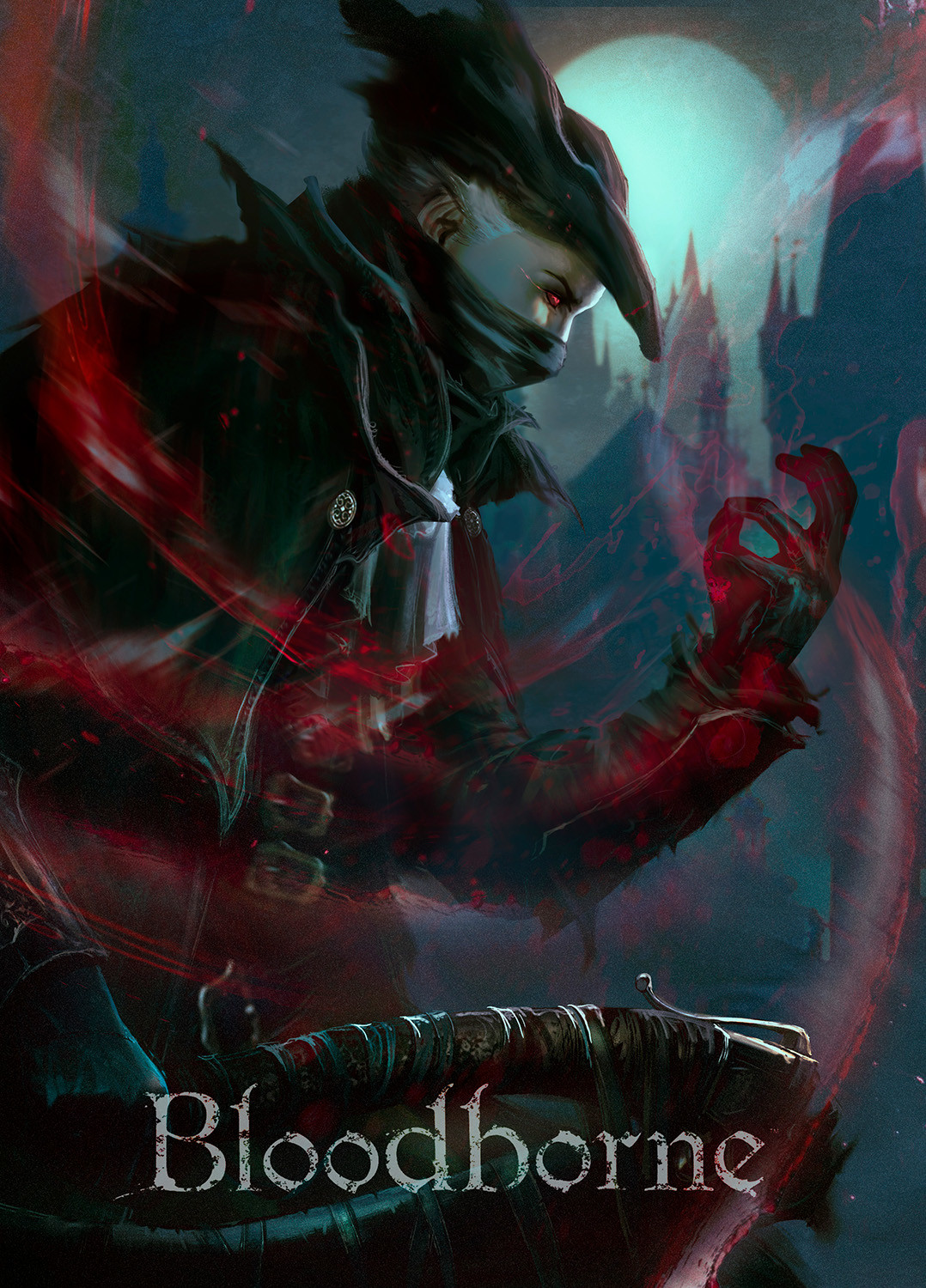
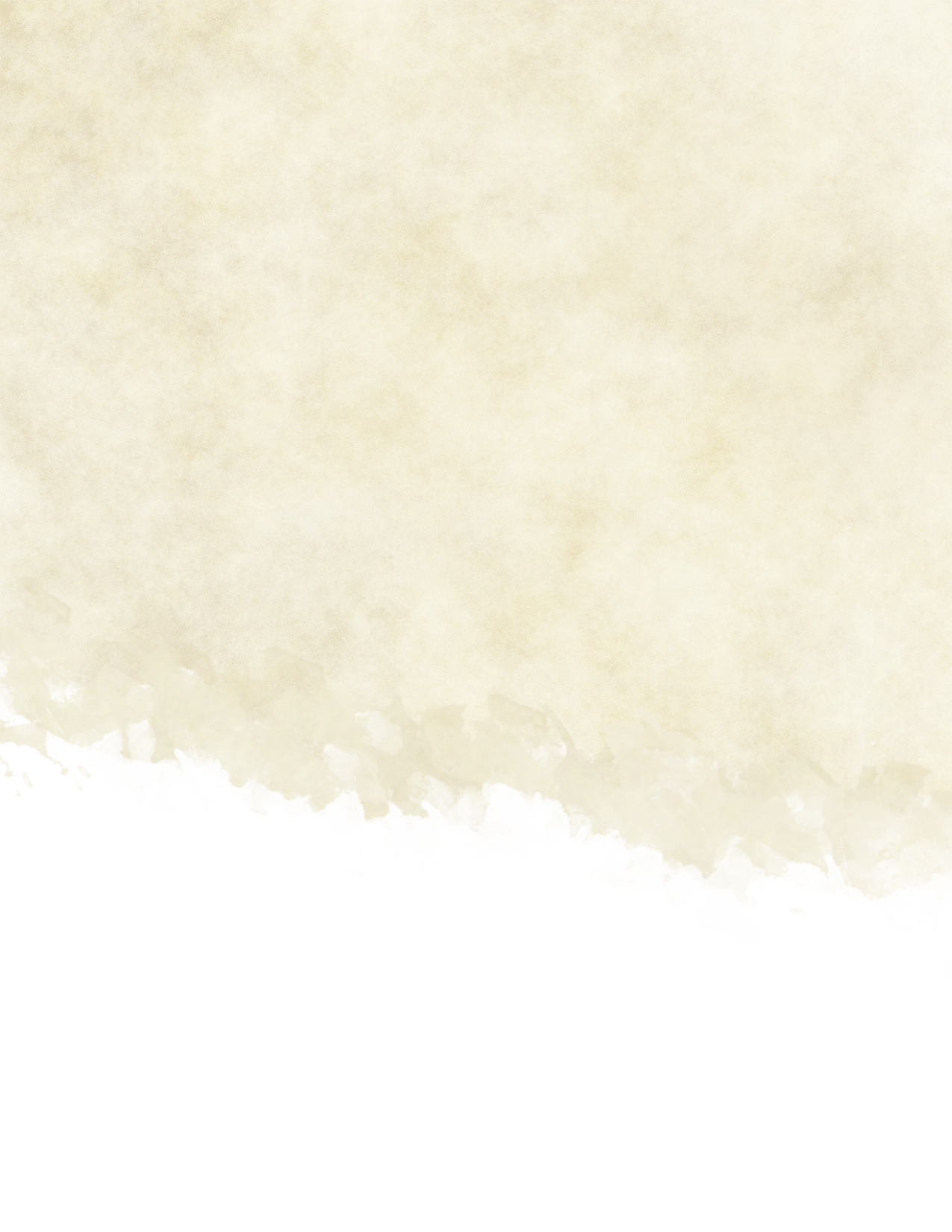

Bounty Hunter
Hunters that excel in fighting humanoids, Bounty Hunters develop techniques specialized for subduing humanoid enemies. These techniques cover the spectrum in lethality, allowing the hunters to catch their prey, dead or alive. Vicious and terrifying to behold, few dare stand in their way.
Prey Spells
You gain prey spells at the hunter levels listed.
Bounty Hunter Spells
| Hunter Level | Spells |
|---|---|
| 3rd | command, sleep |
| 5th | detect thoughts, hold person |
| 9th | hypnotic pattern, slow |
| 13th | compulsion, confusion |
| 17th | dominate person, scrying |
Hunter's Technique
When you choose this prey at 3rd level, you gain the
following two Hunter's Technique options.
Disarm. When you hit a creature with a weapon
attack, or when a creature misses you with a melee
weapon attack, you can expend a use of your Hunter's
Technique to attempt to disarm the target, forcing it
to drop one item of your choice that it's holding.
The target must succeed on a Strength saving throw
or drop the object you choose, which lands at its feet.
Pin Down. When you attack a creature within
5 feet of you that is no more than one size larger
than you, you can expend a use of your Hunter's
Technique to force the creature to make a Strength
saving throw. On a failed save, it is knocked prone
and grappled. You must have a free hand to use
this Hunter's Technique.
Investigative
When you choose this prey at 3rd level, you develop techniques to obtain information on your quarry.
If you spend at least ten minutes interrogating,
questioning, or conversing with a person, your
proficiency bonus is doubled on checks made against
that person pertaining to information regarding a
specific creature.
Multiattack Defense
Starting at 7th level, when a creature hits you with an
attack, you gain a +4 bonus to AC against all subsequent attacks made by that creature for the rest of the turn.
Menacing Warrior
At 11th level, you have learned to intimidate those
who would stand in your way. When you score a critical
hit or reduce a creature to 0 hit points, you can use your bonus action to force one creature of your choice that you
can see within 30 feet of you to make a Wisdom saving
throw against your hunter spell save DC. On a failed
save, a creature becomes frightened of you for 1 minute.
A creature can repeat this saving throw at the end of
each of its turns, ending the effect on a success.
Misdirection
At 15th level, you learn to evade pursuit by leading your foes astray. While you are hidden, you can use your action to stir up a disturbance in a space you can see within 30 feet of you. Each creature attempting to locate you must make a Wisdom (Perception) check against your hunter spell save DC. A creature automatically succeeds this check if it can see the space and knows it is unoccupied. On a failed check, a creature thinks you are hidden in that location. In addition, the next hit you score against a creature that failed the check before the end of your next turn is a critical hit if you attack while hidden.
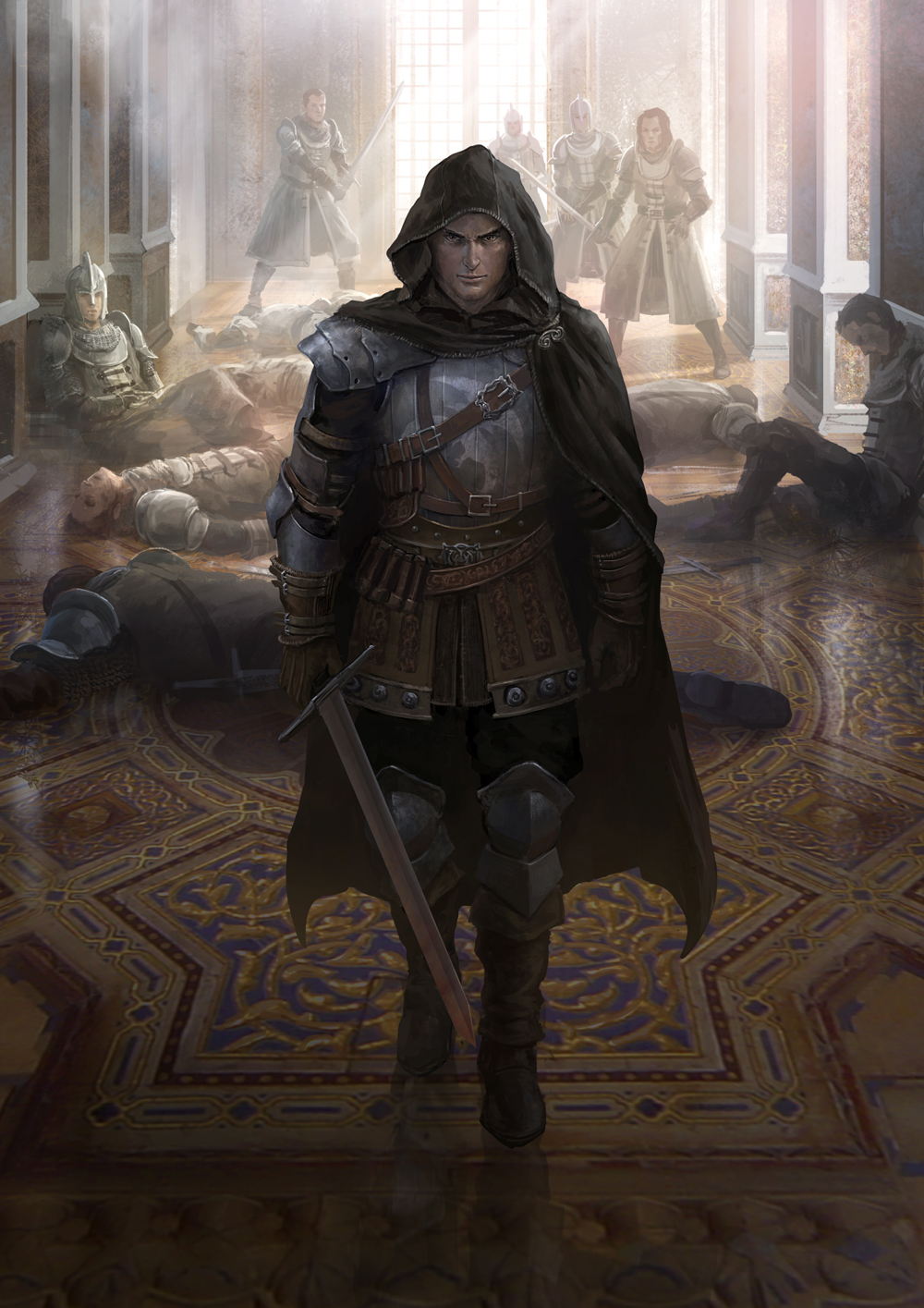

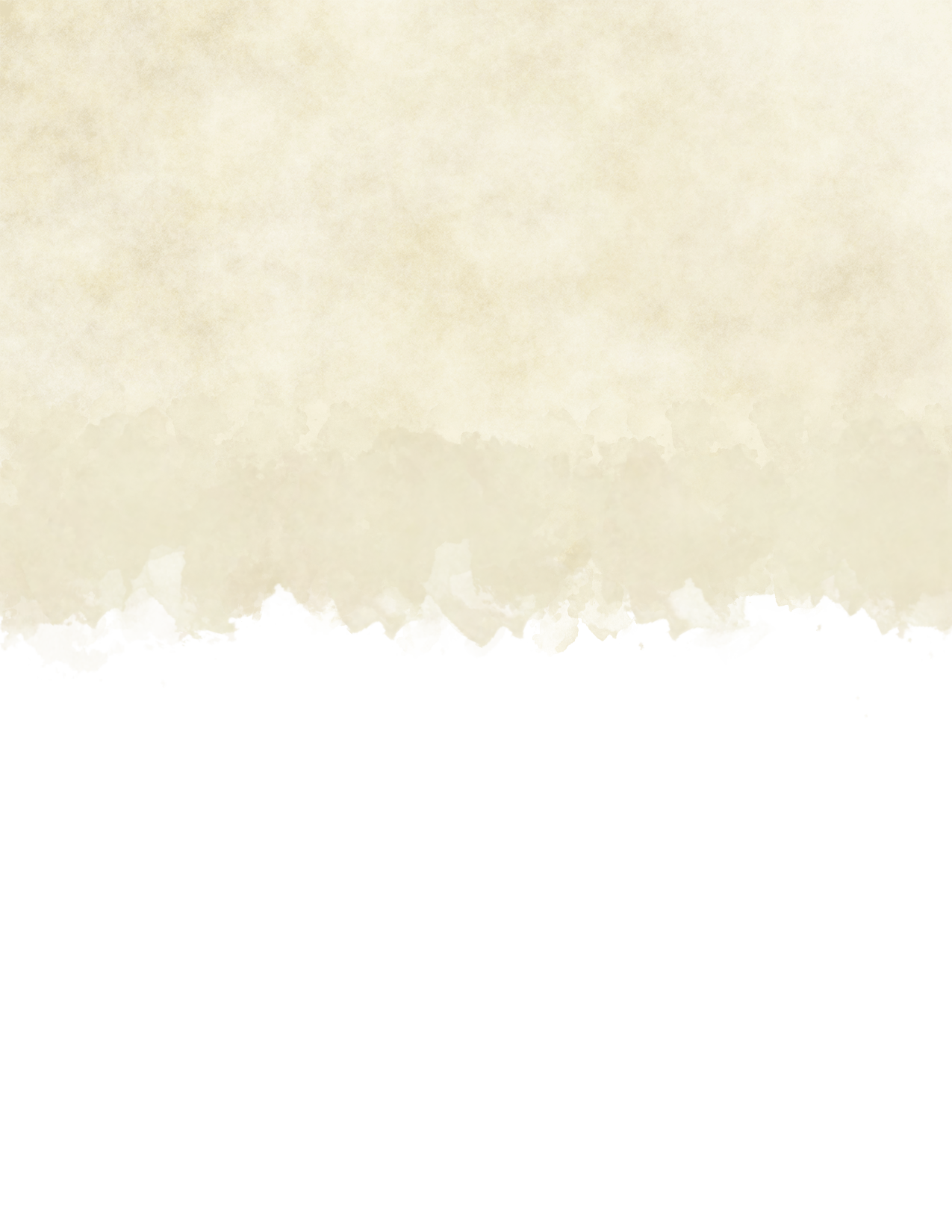
Colossus Slayer
The adage "the bigger they are, the harder they fall" is one that hunters of giants and other large quarry live by every day. With techniques designed to take down massive foes, these hunters utilize their quick thinking and even quicker reflexes to bring down the largest of prey. These hunters utilize hit-and-run tactics, siege weaponry, and barricades to wear down their prey. Should the situation call for it, the most powerful of these hunters can become towering giants themselves.
Prey Spells
You gain prey spells at the hunter levels listed.
Colossus Slayer Spells
| Hunter Level | Spells |
|---|---|
| 3rd | entangle, grease |
| 5th | enlarge/reduce, ray of enfeeblement |
| 9th | plant growth, sleet storm |
| 13th | Evard's black tentacles, polymorph |
| 17th | Bigby's hand, hold monster |
Hunter's Technique
When you choose this prey at 3rd level, you gain the following two Hunter's Technique options. Bring Down. When you hit a creature with a weapon attack, you can expend a use of your Hunter's Technique to attempt to knock the target down. It must succeed on a Dexterity saving throw or be knocked prone and take bludgeoning damage as it hits the ground. A Medium or smaller creature takes 1d6 damage, a Large creature takes 2d6 damage, a Huge creature takes 3d6 damage, and a Gargantuan creature takes 4d6 damage. Persistence. When a creature within 30 feet of succeeds a saving throw against one of your hunter spells, you can expend a use of your Hunter's Technique to force it to reroll the save.
Climber
When you choose this prey at 3rd level, you gain a climbing speed equal to your walking speed and have advantage on any ability checks or saving throws made to maintain your grip while climbing.
Uncanny Dodge
Starting at 7th level, when an attacker that you can see hits you with an attack, you can use your reaction to halve the attack's damage against you.
Coordinated Strike
At 11th level, you learn to coordinate your attacks with your allies on your quarry. When you use your Hunter's Mark, you can choose a friendly creature within 60 feet of you. That creature's weapon attacks also deal an extra 1d6 damage of the weapon's type to the marked target.
This effect ends if you fall unconscious, use your Hunter's Mark on another creature, or dismiss it as a bonus action.
Become Immense
At 15th level, you gain the power to bolster your size in order to face large foes. When you cast enlarge/reduce on yourself to increase your size, you can increase your size by two categories—from Medium to Huge, for example, instead of just one category, for the spell's duration. This growth quadruple your size all dimensions, multiplying your weight by 64. If there isn't enough room for you to quadruple your size, you attain the maximum possible size in the space available. You gain all the effects of the enlarge option, and your weapons also grow to match your new size. While these weapons are enlarged, your attacks with them deal 2d8 extra damage (instead of the spell's 1d4 extra damage) and your reach with these weapons is doubled.
Once you use this feature, you must finish a long rest before you can use it again.
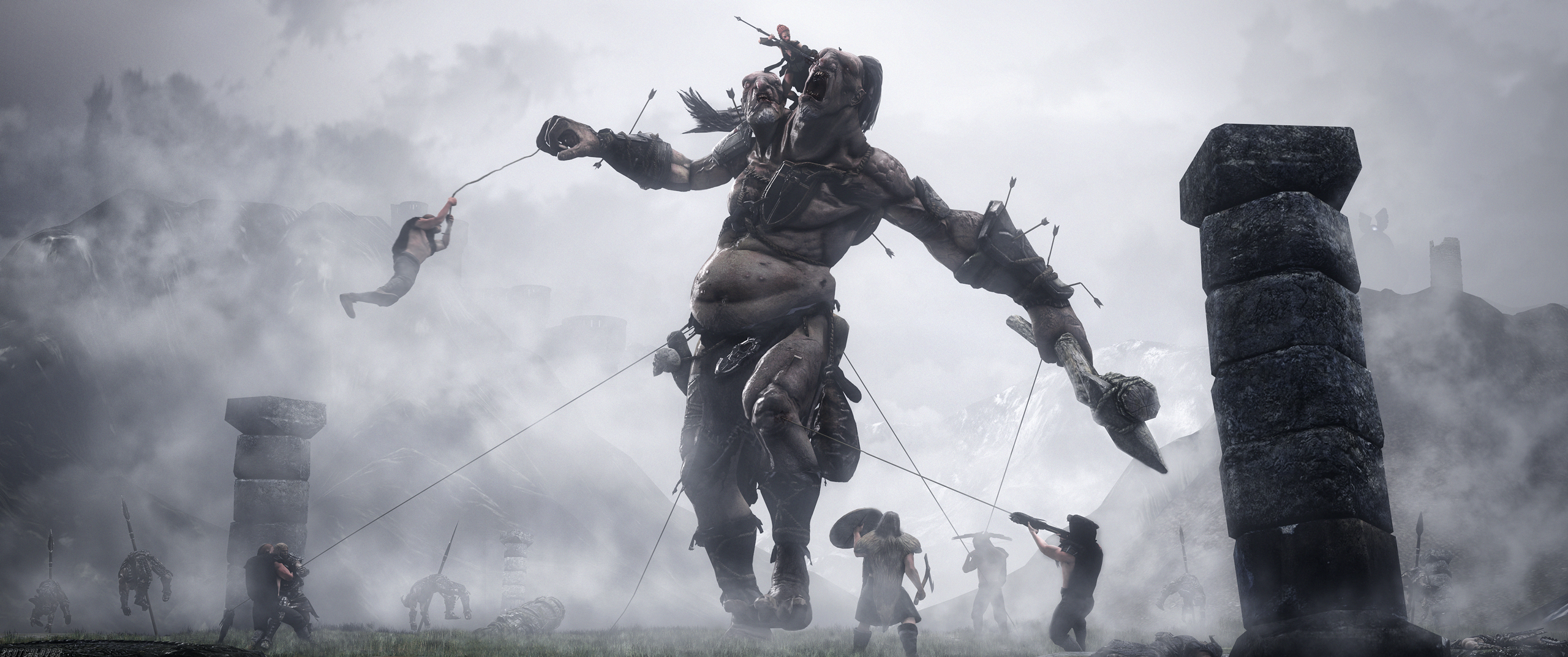

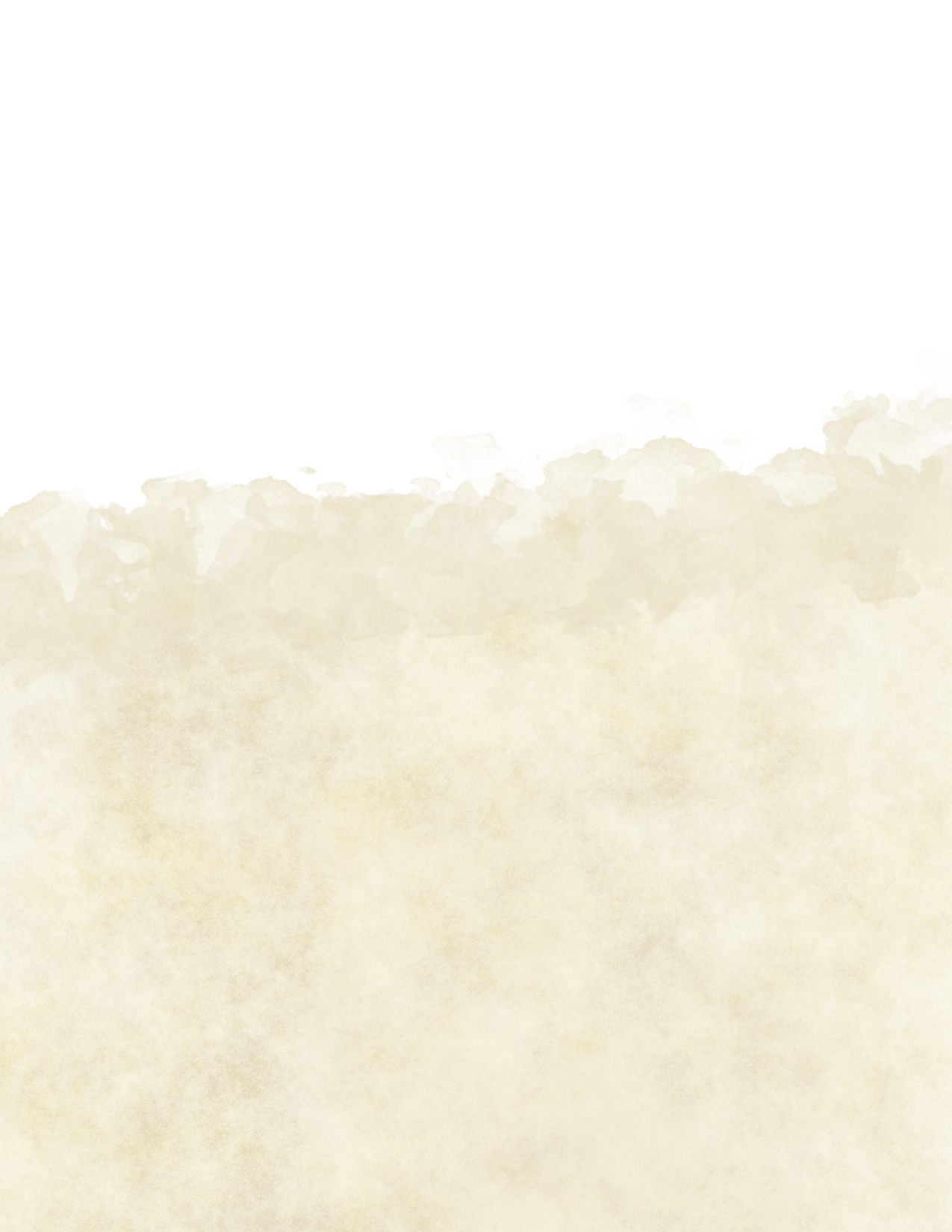
Demon Slayer
Specialized to face the most profane of creatures, these hunters fight undead, fiends, and other creatures of the night. Experts in wounding, tracking, and crushing their quarry, these hunters are fearless in the face of death.
Prey Spells
You gain prey spells at the hunter levels listed.
Demon Slayer Spells
| Hunter Level | Spells |
|---|---|
| 3rd | divine favor, shield of faith |
| 5th | gentle repose, Nystul's magic aura |
| 9th | remove curse, speak with dead |
| 13th | aura of life, death ward |
| 17th | dawnXGE, hallow |
Hunter's Technique
When you choose this prey at 3rd level, you gain the following two Hunter's Technique options. Fortify. As a bonus action, you can expend a use of your Hunter's Technique to bolster your resilience. Choose one ability score. For 1 minute, you have advantage on saving throws made using that ability score. Vicious Wound. When you hit a creature with a weapon attack, you can expend a use of your Hunter's Technique to inflict a festering wound, preventing the target from regaining hit points for 1 minute. Any creature can take an action to stanch the wound with a successful Wisdom (Medicine) check against your technique save DC.
Locate Origin
When you choose this prey at 3rd level, you gain the ability to track the source of your slain prey. When the target of your Hunter's Mark is reduced to 0 hit points, you can choose to move your Hunter's Mark to the creature's place of origin.
If the creature was created or summoned into this plane, the creator or summoner becomes the target of your Hunter's Mark. If the creature entered the plane by a portal or teleportation magic, the location it first entered this plane becomes the target of your Hunter's Mark. If the creature is native to this plane and was not created by magic, the creature's den, lair, or place of residence becomes the target of your Hunter's Mark.
Unshakable
At 7th level, your dealings with the dark has left your spirit unshakable. You can't be charmed, frightened, or possessed.
Undercut Resistances
At 11th level, you learn how to make your weapon strikes undercut a creature's resistance. When you hit a creature with a weapon attack, it loses any resistances it has until the end of your next turn.
Regeneration
At 15th level, your dealings with the unholy has imparted supernatural healing upon yourself. At the start of each of your turns, you gain temporary hit points equal to 1d6 plus your Wisdom modifier if you are not standing in sunlight.
Variant: Alternative Spells
For players who do not have access to Xanathar's Guide to Everything, the following spell in the Demon Slayer Spells can be replaced:
- 17th dawnXGE with geas
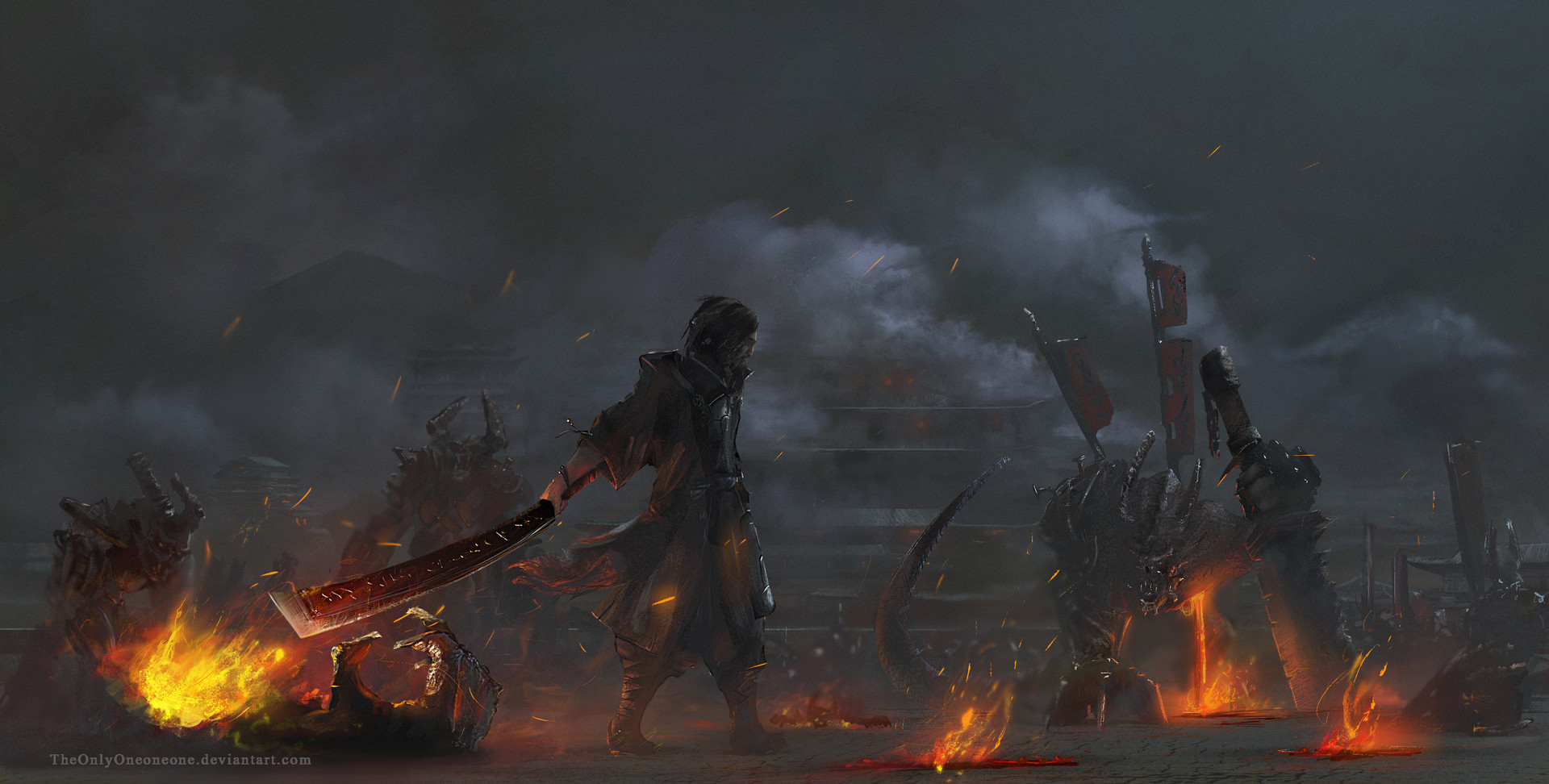


Dragon Slayer
Seeking dragons is truly the height of insanity. Yet regardless, hunters who seek dragons learn techniques specifically honed to pierce their armor scales and clip their wings.
Prey Spells
You gain prey spells at the hunter levels listed.
Dragon Slayer Spells
| Hunter Level | Spells |
|---|---|
| 3rd | absorb elementsXGE, heroism |
| 5th | dragon's breathXGE, earthbindXGE |
| 9th | fly, protection from energy |
| 13th | charm monsterXGE, elemental baneXGE |
| 17th | control windsXGE, hold monster |
Hunter's Technique
When you choose this prey at 3rd level, you gain the following two Hunter's Technique options. Clip Wings. When you hit a creature that is flying and has wings with a weapon attack, you can expend a use of your Hunter's Technique to attempt to knock it from the sky. The creature must succeed on a Strength saving throw or plummet, landing prone if it hits the ground. Sunder Scales. When you hit a creature with a weapon attack, you can expend a use of your Hunter's Technique to reduce the creature's AC by 1d6 if it has natural armor or armor consisting of plate or scales. A creature's AC cannot be reduced to lower than 10 + its Dexterity modifier. A creature's natural armor returns to normal after 1d6 days, or immediately if it is targeted by the lesser restoration or greater restoration spells.
Dragon Anatomist
When you choose this prey at 3rd level, your proficiency bonus is doubled on checks pertaining to extracting resources or materials from dragons.
Evasion
Beginning at 7th level, you can nimbly dodge out of the way of certain area effects, such as a red dragon's fiery breath or an ice storm spell. When you are subjected to an effect that allows you to make a Dexterity saving throw to take only half damage, you instead take no damage if you succeed on the saving throw, and only half damage if you fail.
Elemental Resistance
At 11th level, you can prepare yourself for the elemental hazards you may face. Choose one damage type from acid, cold, fire, lightning, or poison when you finish a short or long rest. You gain resistance to that damage type until you choose a different one with this feature.
Frightening Presence
At 15th level, you develop the same terrifying aura that dragons exude. As an action, you can force each creature of your choice that you can see within 30 feet of you to make a Wisdom saving throw against your hunter spell save DC. On a failed save, a creature becomes frightened of you for 1 minute. The frightened creature can repeat this saving throw at the end of each of its turns, ending the effect on itself on a success. If a creature's saving throw is successful or the effect ends for it, the creature is immune to this feature for the next 24 hours.
Once you use this feature, you must finish a short or long rest before you can use it again.
Variant: Alternative Spells
For players who do not have access to Xanathar's Guide to Everything, the following spells in the Dragon Slayer Spells can be replaced:
- 3rd absorb elementsXGE with chromatic orb
- 5th dragon's breathXGE and earthbindXGE with
misty step and web- 13th charm monsterXGE and elemental baneXGE with confusion and dimension door
- 17th control windsXGE with conjure volley

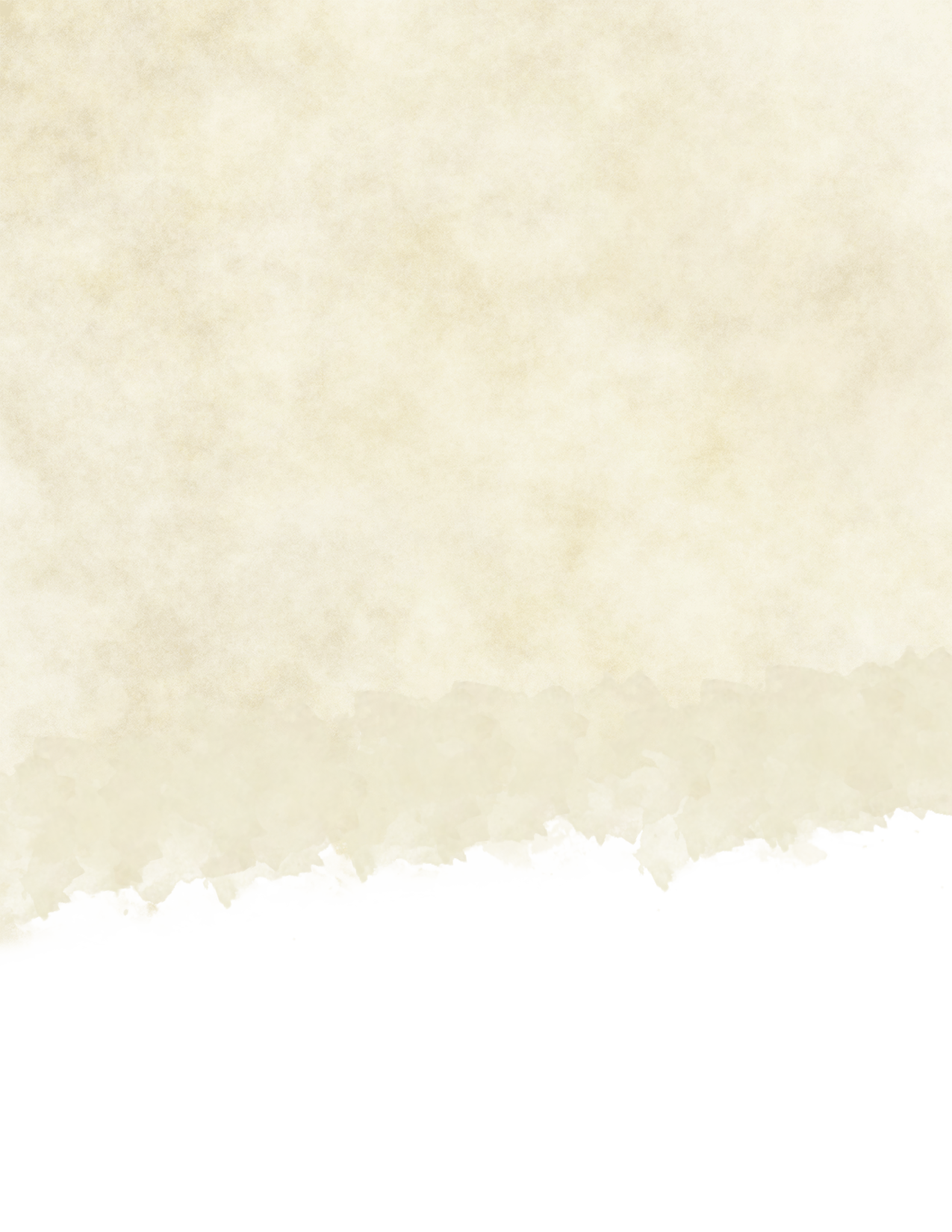
Horde Breaker
Hunters who specialize in fighting large numbers of foes, Horde Breakers favor agility over raw might, quickly dispatching foe after foe in order to survive. They employ tactics that are capable of effectively disrupting and eliminating large numbers of enemies at once.
Prey Spells
You gain prey spells at the hunter levels listed.
Horde Breaker Spells
| Hunter Level | Spells |
|---|---|
| 3rd | burning hands, thunderwave |
| 5th | mirror image, shatter |
| 9th | conjure barrage, enemies aboundXGE |
| 13th | confusion, wall of fire |
| 17th | antilife shell, cloudkill |
Hunter's Technique
When you choose this prey at 3rd level, you gain the following two Hunter's Technique options. Nimble Evasion. As a reaction to being targeted by an attack or being forced to make a Dexterity saving throw, you can expend a use of your Hunter's Technique to take the Dodge action. Additionally, if you are subjected to an effect that allows you to make a Dexterity saving throw to take only half damage before the start of your next turn, you instead take no damage if you succeed on the saving throw, and only half damage if you fail. Shift Focus. When you reduce the target of your Hunter's Mark to 0 hit points, you can expend a use of your Hunter's Technique to shift the mark to another creature you can see within 90 feet of you. Doing so does not consume a use of your Hunter's Mark.
Follow Footprints
When you choose this prey at 3rd level, whenever you make any Wisdom (Perception) or Wisdom (Survival) check to track or find a group of 4 or more creatures, your proficiency bonus is doubled if it applies to the check.
Escape the Horde
At 7th level, you learn to evade blows when you maneuver yourself out of the fray. Opportunity attacks against you are made with disadvantage.
Multiattack
At 11th level, you learn to strike fast and hard against the oncoming hoard. You gain both of the following features: Volley. You can use your action to make a ranged attack against any number of creatures within 10 feet of a point you can see within your weapon's range. You must have ammunition for each target, as normal, and you make a separate attack roll for each target. Whirlwind Attack. You can use your action to make a melee attack against any number of creatures within 5 feet of you, with a separate attack roll for each target.
Horde Tactics
At 15th level, you learn to press the attack with your allies to overwhelm your foes. You have advantage on an attack roll against a creature if at least one of your allies is within 5 feet of the creature and the ally isn't incapacitated. Additionally, when you hit a creature with an attack while within 5 feet of it, it has disadvantage on all attack rolls against targets other than you until the end of your next turn.
Variant: Alternative Spells
For players who do not have access to Xanathar's Guide to Everything, the following spell in the Horde Breaker Spells can be replaced:
- 9th enemies aboundXGE with slow


Mage Hunter
Trained in the arcane, Mage Hunters are hunters that specialize in subduing spellcasters. From the subtle flick of a wrist, to the whispers of an incantation in the wind, these hunters are well versed in the signs of magic, being practitioners of magic themselves.
Prey Spells
You gain prey spells at the hunter levels listed.
Mage Hunter Spells
| Hunter Level | Spells |
|---|---|
| 3rd | detect magic, shield |
| 5th | magic weapon, silence |
| 9th | counterspell, dispel magic |
| 13th | hallucinatory terrain, locate creature |
| 17th | circle of power, synaptic staticXGE |
Hunter's Technique
When you choose this prey at 3rd level, you gain the
following two Hunter's Technique options.
Copy Cast. As a reaction when you see a creature cast
a cantrip or spell within 60 feet of you, you can expend a
use of your Hunter's Technique to make an ability check
using your spellcasting ability to attempt to copy the
cantrip or spell. The DC equals 10 + the spell's level
(DC 10 for cantrips). On a success, you know the cantrip
or spell and can cast it as if it were a hunter spell for
1 minute.
Enchant Weapon. As a bonus action, you can expend
a use of your Hunter's Technique to imbue one weapon
that you are holding with arcane energy. For 1 minute,
you add your Wisdom modifier to damage rolls made
with that weapon (with a minimum bonus of +1). If the
weapon is not already magical, it becomes magical for
the duration.
You can end this effect on your turn as part of any other action. If you are no longer holding or carrying this
weapon, or if you fall unconscious, this effect ends.
Arcanist Training
When you choose this prey at 3rd level, you gain proficiency in the Arcana skill and learn one cantrip of your choice from the wizard spell list. Wisdom is your spellcasting ability for the cantrip.
Iron Mind
By 7th level, you have honed your ability to resist the mind-altering powers of your prey. You gain proficiency in
Wisdom saving throws. If you already have this
proficiency, you instead gain proficiency in Intelligence
or Charisma saving throws (your choice).
Mage's Bane
At 11th level, you hone your skills to quickly analyze and
shut down spellcasters. When you see the target of your Hunter's Mark casting a spell, you can use your reaction to make one weapon attack at the target. On a hit, the creature must succeed on a Wisdom saving throw against your
hunter spell save DC or its spell fails and is wasted.
Battle Magic
At 15th level, you have mastered the art of weaving spellcasting and weapon use into a single harmonious act. When you use your action to cast a hunter spell, you can make one weapon attack as a bonus action.
Variant: Alternative Spells
For players who do not have access to Xanathar's Guide to Everything, the following spell in the Mage Hunter Spells can be replaced:
- 17th synaptic staticXGE with dream
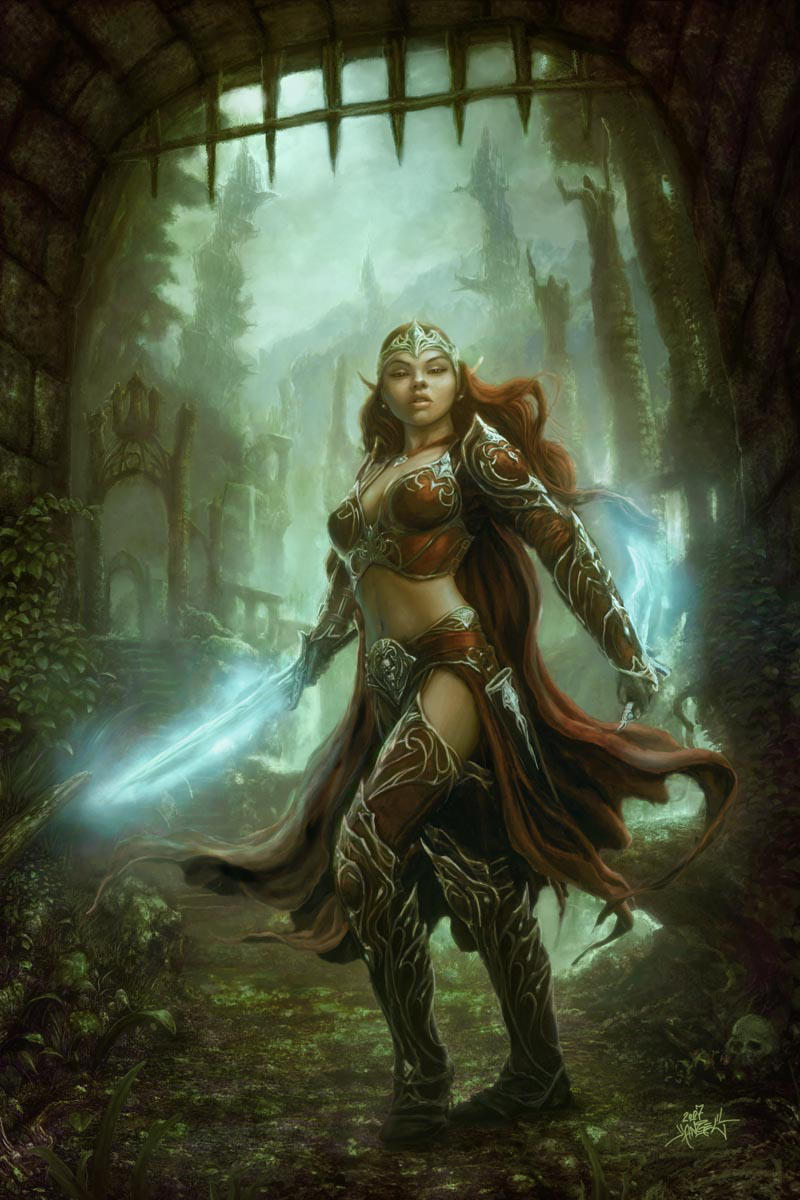


Night Stalker
Night Stalkers are at home in the darkest places:
deep under the surface, in gloomy alleyways, in
primeval forests, and wherever else the light dims.
Most folk enter such places with trepidation, but a
Night Stalker ventures boldly into the darkness,
seeking to ambush the threats of the deep such as umberhulks, goblins, kobolds and illithids. Such hunters
are often found in the Underdark, but they will go any place where monsters lurk in the shadows.
Prey Spells
You gain prey spells at the hunter levels listed.
Night Stalker Spells
| Hunter Level | Spells |
|---|---|
| 3rd | alarm, detect poison and disease |
| 5th | darkvision, invisibility |
| 9th | clairvoyance, nondetection |
| 13th | greater invisibility, locate creature |
| 17th | mislead, passwall |
Hunter's Technique
When you choose this prey at 3rd level, you gain the following two Hunter's Technique options. Deceive Senses. As an action, you can expend a use of your Hunter's Technique to trick the senses of a creature. Choose a creature within 30 feet of you. The target must succeed on a Wisdom saving throw or be unable to perceive you with sight, smell, hearing, blindsight, or tremorsense for 1 minute. It can repeat this saving throw at the end of each of its turns, ending the effect on a success. Dread Ambush. When you roll initiative and are not surprised, or as a bonus action on your turn, you can expend a use of your Hunter's Technique to cloak yourself with umbral magic for 1 minute. Until you cast a spell, force a creature to make a saving throw, or make a weapon attack, you are invisible and your speed increases by 10 feet.
If this effect ends due to making a weapon attack against a creature, the attack deals additional psychic damage equal to your hunter level.
Umbral Senses
At 3rd level, your experience with dimly lit environments has allowed you to detect things even in low light. Dim light doesn't impose disadvantage on checks that rely on sight.
Additionally, being unable to see a creature doesn't impose disadvantage on your attack rolls against it, provided the creature isn't hidden from you.
Cloak of Darkness
Beginning at 7th level, you can empty your mind to hide your presence. While in dim light or darkness, you are immune to any effect that would sense your emotions or read your thoughts and have resistances to psychic damage.
Additionally, while you are in darkness, you are invisible to any creature that relies on darkvision to see you in
that darkness.
Symphony of the Night
Starting at 11th level, you can sing to the shadows around you, twisting them to encircle you. As a bonus action on your turn, you can exude an aura of darkness in a 30-foot radius around you until the start of your next turn. Any bright light within the aura becomes dim light, and any dim light becomes darkness.
Additionally, whenever you hit a creature that is in dim light or darkness with a weapon attack, the creature takes an extra 1d8 psychic damage.
Shadow Clone
At 15th level, you have learned methods to deceive your prey, striking both their body and mind. As an action while you are standing in dim light or darkness, you can create a shadowy replica of yourself, which appears in your space and lasts until you dismiss it as a bonus action or use this feature again. The replica is instantly destroyed if it is exposed to bright light, if it is subject to fire or radiant damage, or is targeted by any effect that dispels magic.
The replica's appearance, weight, size, and smell are identical to yours, and produces sounds as you do. It has no thoughts, and creatures with truesight can perceive it as a shadowy mass and are immune to the replica's attacks. The replica is immune to all damage and effects, but reacts realistically to being struck. It can occupy the spaces of other creatures. On your turn, you can mentally command the replica to move up to 30 feet in any direction (no action required), to a space you can see.
While the replica is in your space, creatures that don't have truesight or see the replica for what it is have disadvantage on attacks made against you. When you take the Attack action on your turn, you can attack as if you were in the replica's space, but you must use your own senses. If you do so, the attack deals psychic damage instead of its
normal type.
If a creature within 30 feet of the replica uses its action to examine it, the creature can make an Intelligence (Investigation) check against your spell save DC. On a success, the creature can perceive the replica as a mass of shadowy darkness, becomes unaffected by this particular replica's attacks, and has advantage on Intelligence (Investigation) checks made to examine all replicas created by you for the next 24 hours.
Once you use this feature, you must finish a short or long rest before you can use it again.
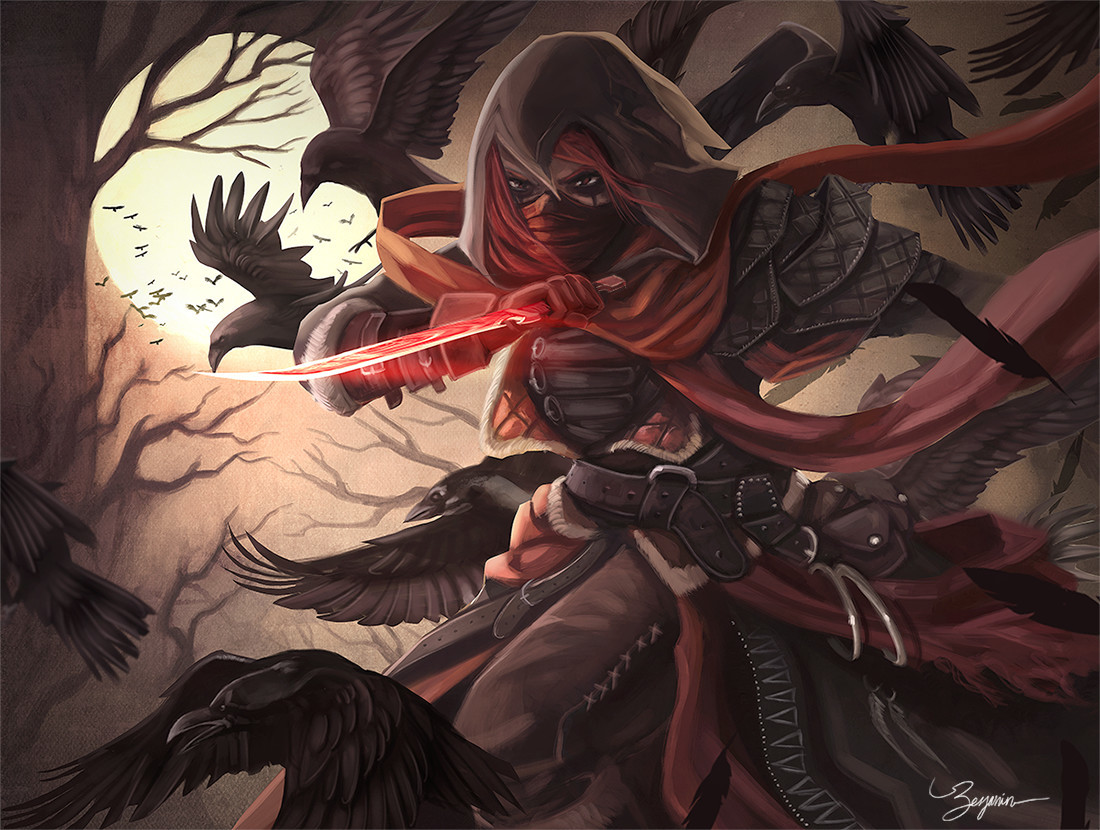


Plane Keeper
Plane Keepers guard the world against threats that originate from other planes or that seek to ravage the mortal realm with otherworldly magic. They seek out planar portals and keep watch over them, venturing to the Inner Planes and the Outer Planes as needed to pursue their foes. These hunters are also friends to any forces in the multiverse–especially benevolent dragons, fey, and elementals–that work to preserve life and the order of the planes.
Prey Spells
You gain prey spells at the hunter levels listed.
Plane Keeper Spells
| Hunter Level | Spells |
|---|---|
| 3rd | protection from evil and good, sanctuary |
| 5th | misty step, rope trick |
| 9th | blink, haste |
| 13th | banishment, dimension door |
| 17th | contact other plane, dispel evil and good |
Hunter's Technique
When you choose this prey at 3rd level, you gain the following two Hunter's Technique options. Ethereal Step. You can expend a use of your Hunter's Technique as a bonus action on your turn to infuse yourself with astral energies and become ethereal. Until the end of your turn, you can move through other creatures and objects as if they were difficult terrain. If you end your turn inside an object or creature, you are ejected into the nearest unoccupied space and take 5 force damage. Force Chains. When you hit a creature with a weapon attack, you can expend a use of your Hunter's Technique to attempt to bind it with planar energies. The target must succeed on a Strength saving throw or be grappled for 1 minute. If the target is a creature that is not native to the plane you are in, it takes additional force damage equal to your hunter level and is restrained while it is grappled. A creature grappled by this ability can use an action to make a Strength check against your technique save DC, ending the effect on a success.
Planar Warrior
At 3rd level you can spend 1 hour magically bond to a weapon that you are holding, granting it a pocket plane from which you summon it. While bonded to a weapon, you can summon it as a bonus action on your turn, opening a tear in space leading to the weapon's pocket plane.
You can have up to two bonded weapons, but can summon only one at a time with your bonus action. If you attempt to bond with a third weapon, you must break the bond with one of the other two.
Spectral Defense
By 7th level, your ability to move between planes allows you to slip through the planar boundaries to lessen the harm done to you during battle. When you take damage, you can use your reaction to give yourself resistance to all damage until the end of the turn.
Stutter Strike
At 11th level, you gain the ability to pass between the planes in a blink of an eye. When you use the Attack action, you can teleport up to 10 feet before or after each attack to an unoccupied space you can see. If you attack at least two different creatures with the action, you can make one additional attack with it against a third creature.
Astral Rift
At 15th level, your extraplanar experiences have granted you the ability to walk the rift between worlds. When you are in the Astral Plane, you can use your normal movement speed. Additionally, you can create a rift to the Astral Plane as an action, filling a 100-foot cube originating from you. For 1 minute, the area becomes filled with the essence of the Astral Plane. Each creatures aside from you inside the area can't use its normal movement speed, and instead has a movement speed (in feet) equal to 3 × its Intelligence score.
When a creature starts its turn within the area or enters the area for the first time on its turn, you can force it to make an Intelligence saving throw against your hunter spell save DC. The target takes 2d10 psychic damage on a failed save. If it fails this saving throw by 5 or more, it is stunned until the end of its turn.
Once you create a rift, you can't do so again until you finish a long rest.

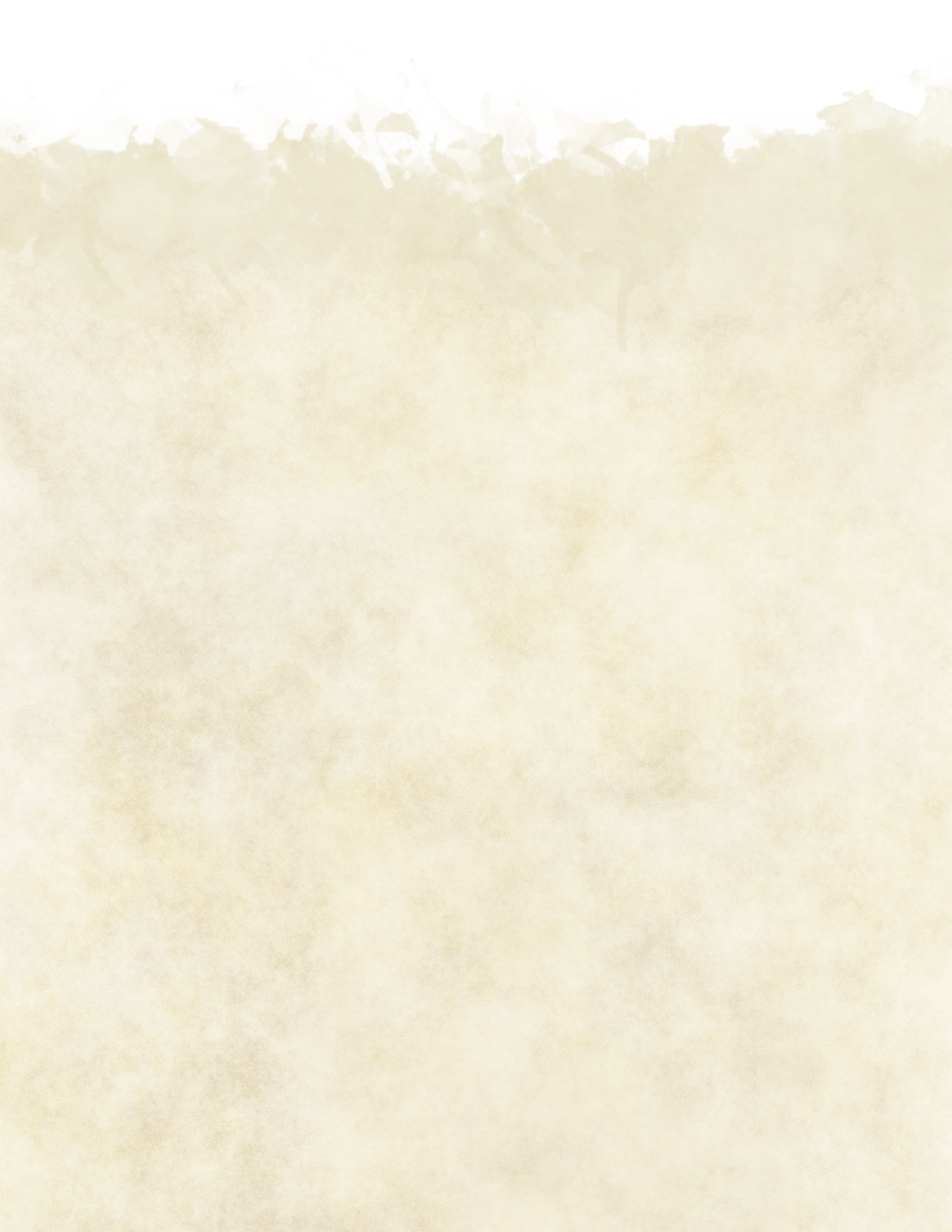

Ranger
Hunters that deal primarily with beasts and plants,
Rangers are experts at navigating treacherous
terrain and moving without a trace. They cultivate
a codependency with the flora and fauna, serving
as wardens of nature.
Prey Spells
You gain prey spells at the hunter levels listed.
Ranger Spells
| Hunter Level | Spells |
|---|---|
| 3rd | longstrider, speak with animals |
| 5th | animal messenger, pass without trace |
| 9th | conjure animals, speak with plants |
| 13th | guardian of natureXGE, grasping vine |
| 17th | commune with nature, tree stride |
Hunter's Technique
When you choose this prey at 3rd level, you gain the following two Hunter's Technique options. Fleet Footed. When you move on your turn, you can expend a use of your Hunter's Technique to increase your walking speed by 20 feet until the end of your turn. Additionally, opportunity attacks made against you are at disadvantage until the end of your turn. Flurry. When you miss with a weapon attack, you can expend a use of your Hunter's Technique to make two additional weapon attacks at the same target as part of the same action.
Breath of the Wild
At 3rd level, your knowledge of the wild allows you to establish a powerful link to beasts the land around you.
You have an innate ability to communicate with beasts, and they recognize you as a kindred spirit. Through sounds and gestures, you can communicate simple ideas to a beast as an action, and can read its basic mood and intent. You learn its emotional state, whether it is affected by magic of any sort, its short-term needs (such as food or safety), and actions you can take (if any) to persuade it to not attack.
You cannot use this ability against a creature that you have attacked within the past 10 minutes.
Land's Stride
Starting at 7th level, moving through nonmagical difficult terrain costs you no extra movement. You can also pass through nonmagical plants without being slowed by them and without taking damage from them if they have thorns, spines, or a similar hazard.
In addition, you have advantage on saving throws against plants that are magically created or manipulated to impede movement, such those created by the entangle spell.
Expert Skirmisher
Starting at 11th level, you are difficult to pin down during a fight. You can move up to half your speed as a reaction when a hostile creature moves within 5 feet of you. This movement doesn't provoke opportunity attacks.
One With the Wild
At 15th level, your connection with the wild allows you to take on the shape of a creature of the wild. As an action, you can transform into a beast or plant with a challenge rating of 3
or lower.
You can stay in this form for 1 hour. You then revert to your normal form. You can revert to your normal form earlier by using a bonus action on your turn. You automatically revert if you fall unconscious, drop to 0 hit points, or die.
While you are transformed, the following rules apply:
- Your game statistics are replaced by the statistics of the chosen creature, though you retain your alignment and Intelligence, Wisdom, and Charisma scores. You assumes the hit points of your new form, and when you reverts to your normal form, you return to the number of hit points you had before transforming. If you revert as a result of dropping to 0 hit points, any excess damage carries over to your normal form. As long as the excess damage doesn't reduce the your normal form to 0 hit points, you aren't knocked unconscious.
- Your ability to speak or take any action that requires hands is limited to the capabilities of your new form, and you can't cast spells. You retain the benefit of any features from your class, race, or other source and can use them if the new form is physically capable of doing so. However, you can't use any of your special senses, such as darkvision, unless your new form also has that sense.
- Your gear melds into the new form. You can't activate, wield, or otherwise benefit from any of its equipment.
Once you use this feature, you must finish a long rest before you can use it again.
Variant: Alternative Spells
For players who do not have access to Xanathar's Guide to Everything, the following spell in the Ranger Spells can be replaced:
- 13th guardian of natureXGE with polymorph



Hunter Spells
1st Level
- Absorb ElementsXGE
- Alarm
- Animal Friendship
- Beast BondXGE
- Cure Wounds
- Detect Magic
- Detect Poison and Disease
- Ensnaring Strike
- Entangle
- Find Familiar
- Fog Cloud
- Goodberry
- Hail of Thorns
- Jump
- Longstrider
- Purify Food and Drink
- SnareXGE
- Speak with Animals
- Zephyr StrikeXGE
2nd Level
- Animal Messenger
- Barkskin
- Beast Sense
- Cordon of Arrows
- Darkvision
- EarthbindXGE
- Find Greater FamiliarHUNTER
- Healing SpiritXGE
- Lesser Restoration
- Locate Animals or Plants
- Locate Objec
- Melf's Acid Arrow
- Moonbeam
- Pass without Trace
- Protection from Poison
- SkywriteXGE
- Silence
- Spider Climb
- Spike Growth
- Web
3rd Level
- Conjure Animals
- Conjure Barrage
- Daylight
- Elemental Weapon
- Feign Death
- Flame ArrowsXGE
- Lightning Arrow
- Nondetection
- Plant Growth
- Protection from Energy
- Speak with Plants
- Water Breathing
- Water Walk
- Wind Wall
4th Level
- Charm Monster
- Conjure Woodland Beings
- Dominate Beast
- Freedom of Movement
- Giant Insect
- Grasping Vine
- Guardian of NatureXGE
- Locate Creature
- Stoneskin
5th Level
- Awaken
- Commune with Nature
- Contagion
- Conjure Volley
- Hold Monster
- Steel Wind StrikeXGE
- Swift Quiver
- Tree Stride
- Wrath of NatureXGE
New Spell Descriptions
The hunter spell list contains the following new spells,
which are presented in alphabetical order.
Find Greater Familiar
2nd-level conjuration (Hunter)
- Casting Time: 10 minutes
- Range: 30 feet
- Components: V, S, M (50 gp worth of charcoal, incense, and herbs that must be consumed by fire in a brass brazier)
- Duration: Instantaneous
You gain the service of a familiar, a spirit that takes an animal form you choose, of a beast with a challenge rating of 1/2 or lower. Appearing in an unoccupied space within range, the familiar has the statistics of the chosen form, though it is a celestial, fey, or fiend (your choice) instead of a beast.
Your familiar acts independently of you, but it always obeys your commands. In combat, it rolls its own initiative and acts on its own turn. Your familiar can use your spell attack modifier in place of its own modifier for weapon attacks, and its natural weapons count as magical for the purpose of overcoming resistance and immunity to nonmagical attacks and damage. When it hits a creature with a weapon attack, it is considered as one of your own weapon attacks for the purposes of spells and effects such as Hunter's Mark.
When the familiar drops to 0 hit points, it disappears, leaving behind no physical form. It reappears after you cast this spell again.
While your familiar is within 100 feet of you, you can communicate with it telepathically. Additionally, as an action, you can see through your familiar's eyes and hear what it hears until the start of your next turn, gaining the benefits of any special senses that the familiar has. During this time, you are deaf and blind with regard to your own senses.
As an action, you can temporarily dismiss your familiar. It disappears into a pocket dimension where it awaits your summons. Alternatively, you can dismiss it forever. As an action while it is temporarily dismissed, you can cause it to reappear in any unoccupied space within 30 feet of you.
You can't have more than one familiar at a time. If you cast this spell (or the find familiar spell) while you already have a familiar, you instead cause it to adopt a new form. Choose one of the forms allowed by the spell. Your familiar transforms into the chosen creature.
Finally, when you cast a spell with a range of touch, your familiar can deliver the spell as if it had cast the spell. Your familiar must be within 100 feet of you, and it must use its reaction to deliver the spell when you cast it. If the spell requires an attack roll, you use your attack modifier for
the roll.
At Higher Levels. When you cast this spell using certain higher-level spell slots, the challenge rating of the beast that you can choose increases: to a challenge rating of 1 or lower with a 3rd-level slot, a challenge rating of 2 or lower with a 4th-level slot, or a challenge rating of 3 or lower with a slot of 5th-level or higher.
Avrae Integration
The Hunter class has a custom command supporting it within the Avrae discord bot, which can be found in the Avrae Dev Server, or by contacting @silverbass#2407.
The spells detailed in this document can also be integrated by subscribing to the following tome.
Multiclassing
As Hunter is a homebrew class, it has the potential to open up unforeseen synergies and interactions when multiclassed.
Prerequisites
To qualify for a new class, you must meet the ability score prerequisites for both your current class and your new one, as shown in the Multiclassing Prerequisites table.
Multiclassing Prerequisites
| Class | Ability Score Minimum |
|---|---|
| Hunter | Dexterity 13 and Wisdom 13 |
Proficiencies
When you gain a level in a class other than your first, you only gain some of that class's starting proficiencies, as shown in the Multiclassing Proficiencies table.
Multiclassing Proficiencies
| Class | Proficiencies Gained |
|---|---|
| Hunter | Light armor, medium armor, shields, simple weapons, martial weapons, one skill from the class's skill list |
Other Resources
The Hunter's Journal is a equipment, flavor, and monster supplement created for the hunter class, a replacement for the ranger class. It provides additional character creation ideas and background for characters of the hunter class, an arsenal of adventuring equipment for use exploring and tracking in the wilds, magic items that interface with the hunter class or otherwise are suited for use in hunting and survival, and a variety of monsters and nonplayable characters that wander the wilds. This supplement is expands on the exploration pillar of play.
Credits
- Lead Designer: /u/aeyana (@silverbass#2407)
- Subclass Designer: /u/colinhasinvaded (@Birbology#7259) (Night Stalker, Plane Keeper)
- Interior Art:
Mercenary, by Alexander Malex
Sunlit Thicket, Robert Leask
Albino Shrub Wolf, by The-Ancient-Niravar
Ranger, by Robert Adolfsen
Bloodborne Fanart, by Leonardo Borazio
Assassin, by shenfeic
Giant Slayers, by Scotchlover
Demon Slayer, by TheOnlyOneOneOne
Dragon Slayer, by lingy-0
Goblin Slayer, Creditian Istani
Spellsword, by TheFirstAngel
Ivion Illustration part 1, by Benjamin Goutte
Celestial, by Johanna Rupprecht
Forest Ranger, by entroz
- Additional playtesting and review provided by
the people of the Haven discord server
the people of the P&P discord server
Changelog
[1.2.9] - July 13, 2022
- Modified Natural Explorer - Healing Salve to add hunter level to hit points regained
[1.2.8] - December 09, 2020
- Removed the Befriend Beast option in Natural Explorer
[1.2.7] - May 23, 2020
- Moved most new spells into The Hunter's Journal.
[1.2.6] - April 10, 2020
- Added Night Stalker subclass.
- Added Fighting Styles from UA Class Feature Variants: Thrown Weapon Fighting and Unarmed Fighting
- Cunning Action to Quick Reflexes: now allows specific reactions at the start of initiative
- Colossus Slayer's Coordinated Strike no longer requires an additional use of Hunter's Mark
- Ranger's Hunter's Technique: Flurry buffed to 2 attacks at same target
- Demon Slayer's Regeneration buffed by 1d6, no longer vanishes in sunlight, but rather isn't generated
- Blood Hunter's Blood Curse buffed with rally mechanic
- New spell: junglerazer
- Added contagion to spell list
- Added component pouch to starting equipment
- Made find greater familiar grant magical attacks, and allow for use of spell attack modifier instead of the beast's base attack modifier.
- General document reformatting
[1.2.5] - March 15, 2020
- Added Plane Keeper subclass.
- New spells: howling wind, mark of the leech, mark of the storm, mark of the prey, mark of the wild, survey terrain
- Horde Breaker:
- Hunter's Technique: Broad Stroke to Shift Focus.
- Hunter's Technique: Rapid Defense to Nimble Evasion.
- Demon Slayer's Hunter's Technique: Vicious Wound to not require a saving throw.
- Blood Hunter's Hunter's Technique: Infusion to 1d6 + hunter level.
- Mage Hunter's Bonus Cantrip to Arcanist Training.
- Hunter's Mark (and Mark Spells) range increased to 90 feet.
[1.2.4] - August 11, 2019
- Hunter's Guard: now requires a reaction for saving throws.
- Foe Slayer: now works on every attack against Hunter's Mark target and also has 1 in 6 chance to crit once per turn.
- Bounty Hunter's Hunter's Technique: Disarm: now trigger on enemy misses.
- Demon Slayer's Hunter's Technique: Fortify: now be advantage rather than proficiency.
- Dragon Slayer's Hunter's Technique: Sunder Scales: now no longer permament, and heals over 1d6 days.
- Re-ordered subclasses alphabetically.
- Natural Explorer's make camp option: now reduces one level of exhaustion as well.
[1.2.3] - August 03, 2019
- The familiar from find greater familiar now benefits from Hunter's Mark.
- Ranger: Fleet Footed buffed to 20 feet, and disadvantage on opportunity attacks.
- Natural Explorer reworked; removed expertise.
[1.2.0] - Mar 29, 2019
- Natural Explorer reworked.
- Many issues with ranger's original feature removing the exploration aspect by auto-succeeding were brought up.
- The solution presented aims to address these while also being useful in games with less exploration.
- Removed Acrobatics from class proficiencies.
[1.1.1] - Mar 15, 2019
- Blood Hunter
- Crimson Rite moved to Hunter's Technique, replacing Create Quicksilver.
- Spilled Blood added at 11th level, allowing free use of Crimson Rite.
[1.1.0] - Jan 20, 2019
- Bounty Hunter
- Pin Down changed to a saving throw for grapple and prone.
- Duration added on Misdirection.
- Removed Exorcist subclass. The old version can be found in this document
- Added Demon Slayer and- Blood Hunter subclasses
[1.0.1] - Jan 17, 2019
- Protection Fighting Style (2nd level) removed
- Additional uses of Hunter's Technique added at 7th and 15th levels
- Foe Slayer (20th level) no longer requires a bonus action to use
- Ranger: Fleet Footed (3rd level) additional attack removed
- Bounty Hunter:
- Investigative (11th level) moved to 3rd level
- Bonus Proficiencies (3rd level) removed
- Menacing Warrior (15th level) moved to 11th level. Save DC changed to hunter spell save DC
- Misdirection (new) added at 15th level
- Dragon Slayer: Frightning Presence (15th level) save DC changed to hunter spell save DC
- Colossus Slayer:
- Siege Weaponry (3rd level) removed
- Climber (new) added at 3rd level
- Horde Breaker:
- Horde Breaker (3rd level) removed
- Follow Footprints (new) added at 3rd level
Questions & Answers
This section seeks to address common questions regarding the hunter class and its relationship to the ranger class.
What is Hunter?
Hunter is meant as a replacement for ranger. It addresses many issues with ranger, including but not limited to:
- the ubiquity of the hunter's mark spell
- the class's paltry spellcasting (compared to the other half-caster, paladin)
- the class's mobility
- Favored Enemy becoming useless in many situations
- Beast Master
Where is the Hunter's Mark Spell?
As the hunter class now claims hunter's mark as a feature rather than a spell, the hunter's mark spell has been removed from the hunter class. Any reference to the hunter's mark spell, such as from Oath of Vengeance paladin, can either use the spell as is, or can be replaced with the hex spell to avoid confusion.
Where is Beast Master?
Following the example of paladin (with spells such as find steed), the hunter class will have access to an animal companion via the spell find greater familiar. Now all subclasses will be able to have an animal companion if they are so inclined.
Why is Favored Enemy now Hunter's Prey?
Ranger's Favored Enemy feature is a huge contributor to why many of us feel ranger is a sub-par class: while it allows a ranger to perform well against a certain type of enemy, it is mechanically restrictive in a way that is both boring and overall very weak.
A ranger with Favored Enemy: dragons will deal an extra 4 damage on each attack to a dragon. However, against a creature whose type is not "dragon", this feature is entirely useless. On the other hand, a Dragon Slayer hunter can Sunder Scales and Clip Wings against a dragon, defeating it in a way that is more narratively flavorful (and possibly more mechanically effective) than a ranger. Additionally, the hunter can still Sunder Scales against armored knights, or Clip Wings against any other flying enemy.
By changing fundamentally how Favored Enemy works and allowing it to have logical and broadly applicable uses, hunter does what ranger could not: remains useful even when not fighting the character's favored enemy.
Why is the Spell List so Big?
Hunter expands on ranger's spell list, adding many spells that fit ranger's stated goal of "emphasizing speed, stealth, and the hunt."
Why is Hunter a Prepare Caster?
Ranger's spells known has always been a point of contention, and doesn't allow them the flexibility they deserve when exploring the wilderness.
Why does Evasion/Uncanny Dodge come earlier than in Ranger?
The level at which ranger, Hunter archetype, got access to Evasion and Uncanny dodge (15th level) is extremely late game. Additionally, ranger doesn't have many desirable features in the later game. Thus, it is extremely common to see multiclass rogue/ranger characters, which gain the benefits of rogue and can also get Evasion and Uncanny Dodge. Hunter places these features earlier as incentive to continue taking levels in the class rather than multiclassing.
Placement of these features at 7th level does not fall out of line in terms of power, considering monk gets Evasion at the same time, and Uncanny Dodge holds competition with Hunter's Guard for use of reaction.
What are these 15th Level Features?
"Whoever fights monsters should see to it that in the process
he does not become a monster. And if you gaze long enough into an abyss, the abyss will gaze back into you."
Hunter's subclass 15th level features are a departure from this ideal of "fighting a specific creature", and instead delves into the aspect of becoming like the prey.
Most of the subclass's 15th level features is designed to take aspects from the hunter's prey: the Dragon Slayer gains the fearsome presence of a dragon, the Colossus Slayer becomes a giant, etc.
This feature allows the hunter subclasses some flexibility in addition to the flavor of becoming one's own worst enemy.